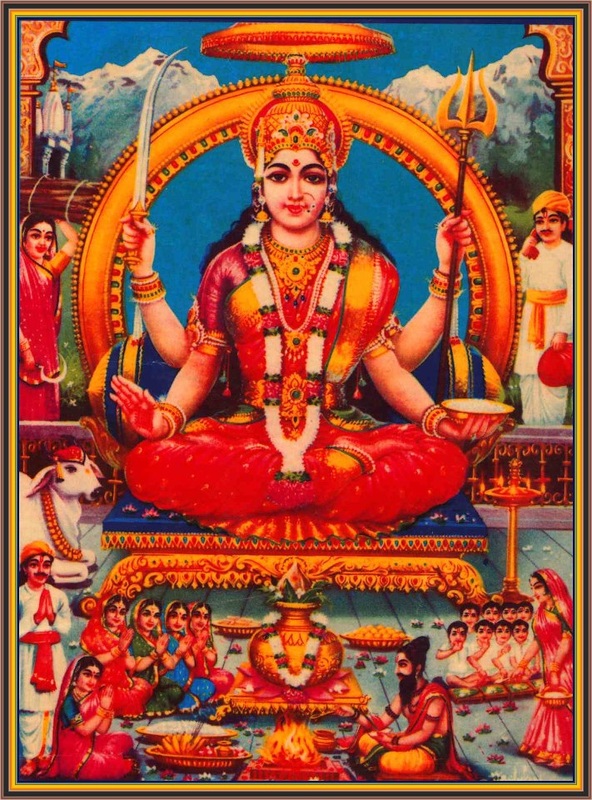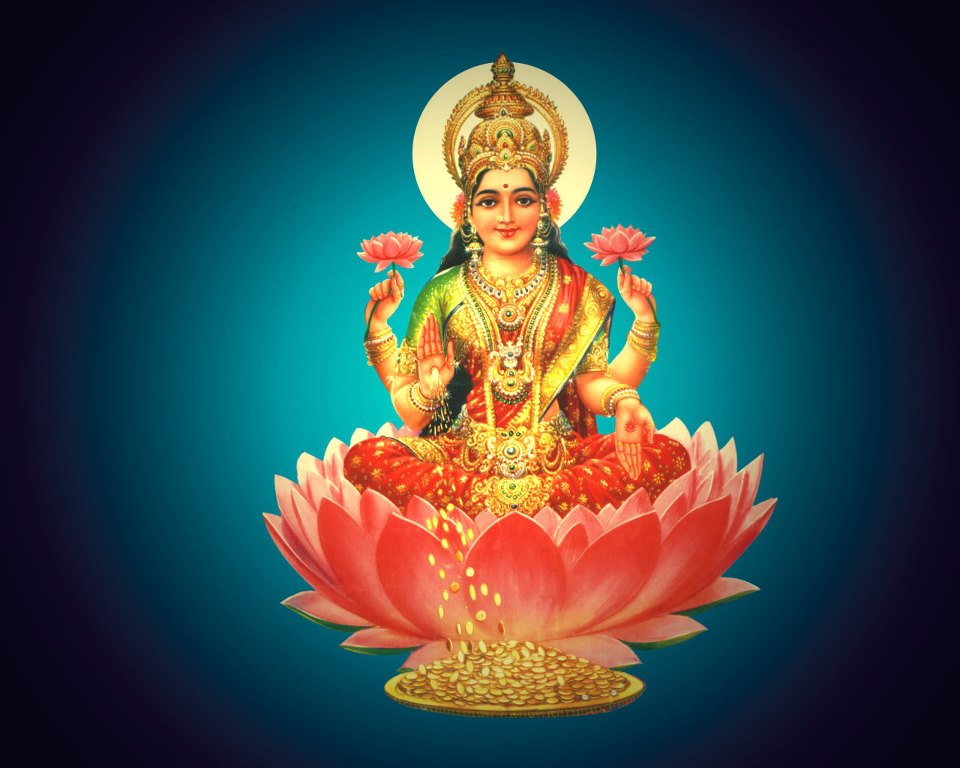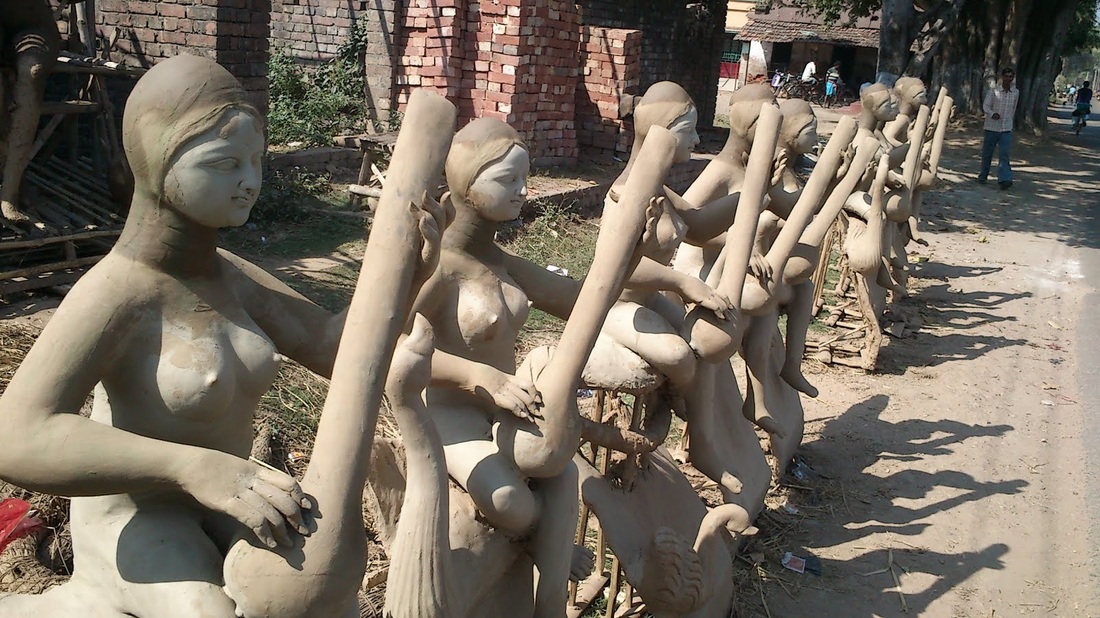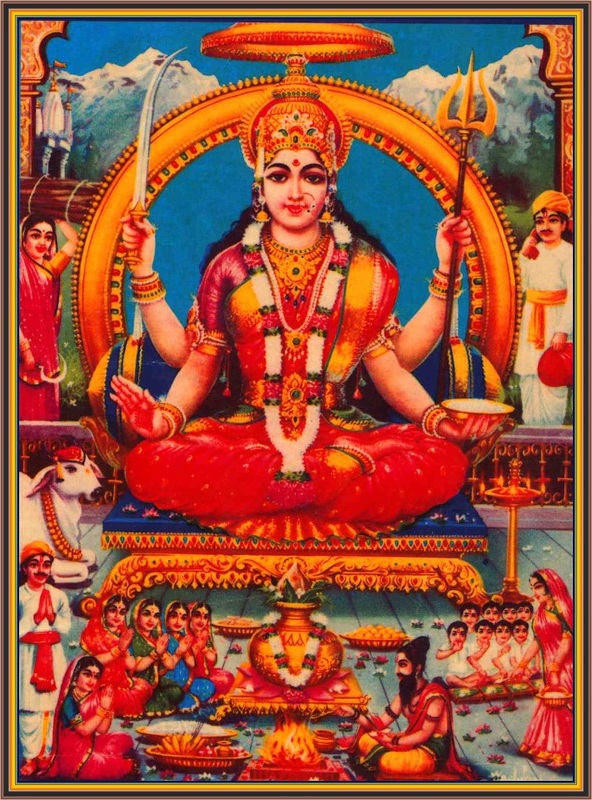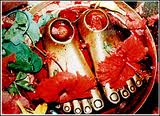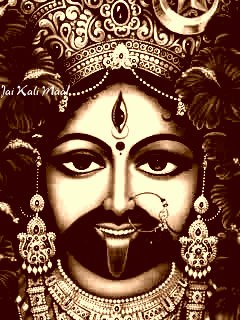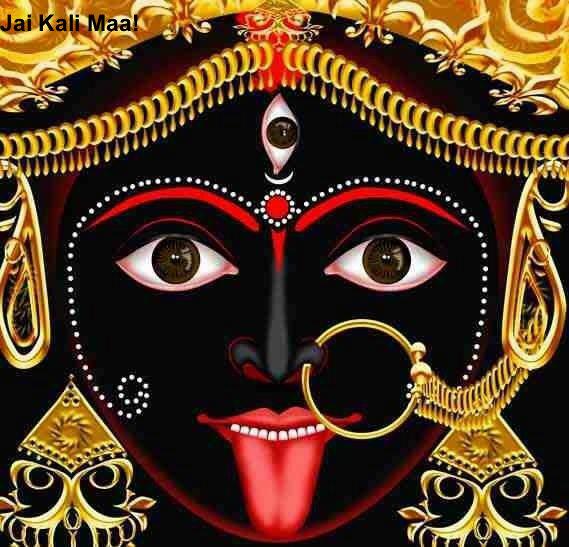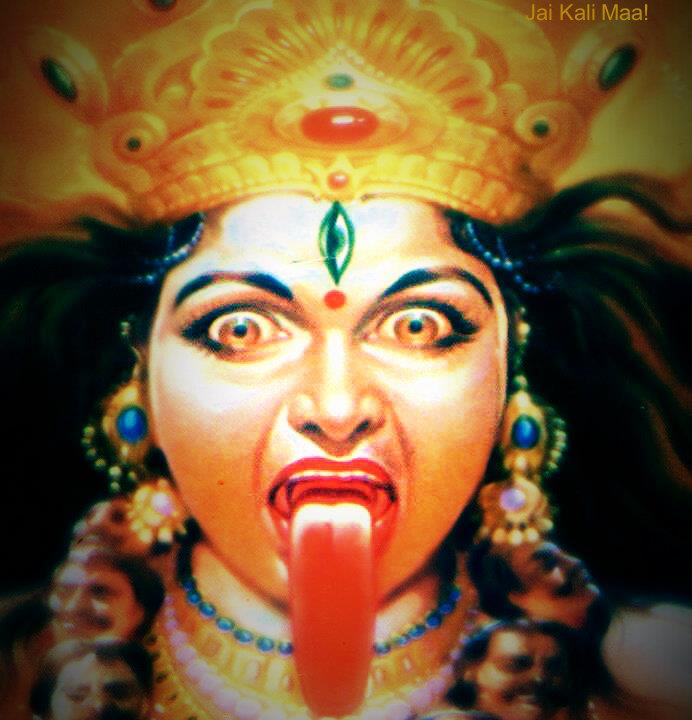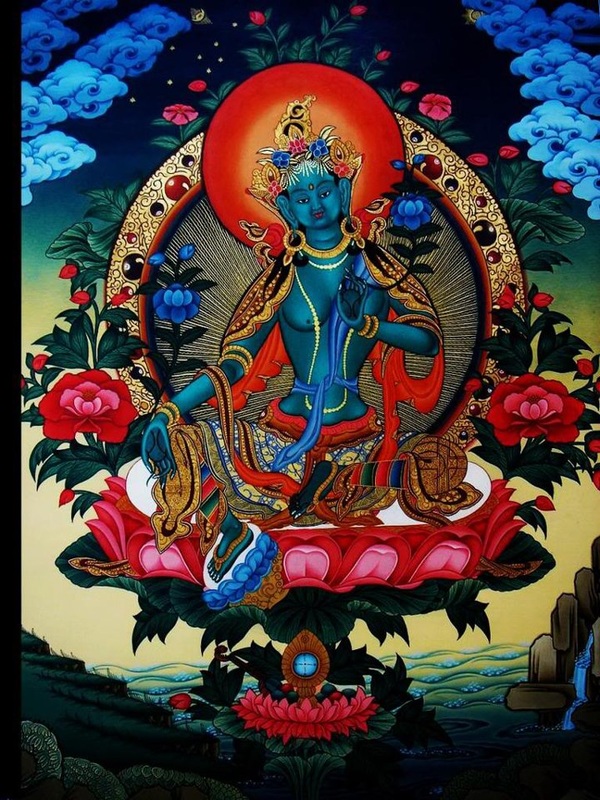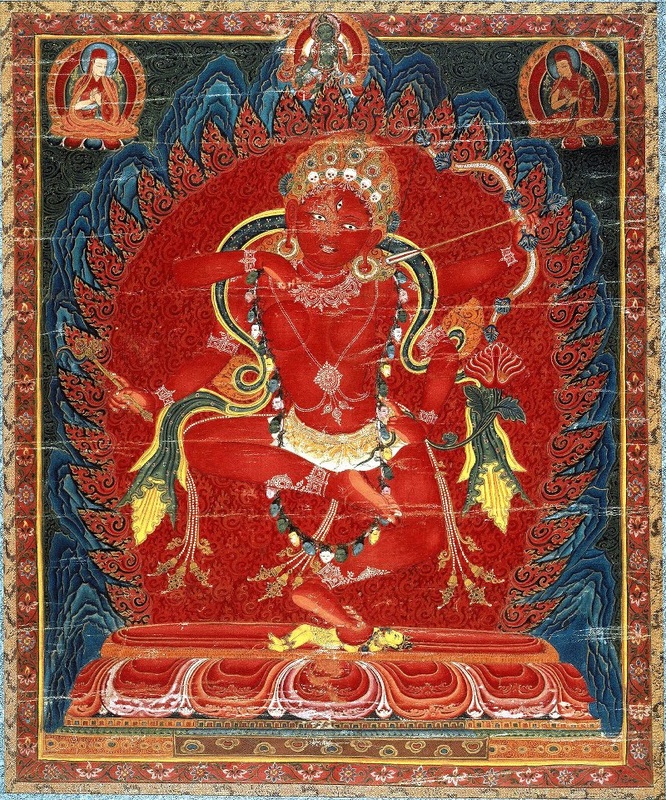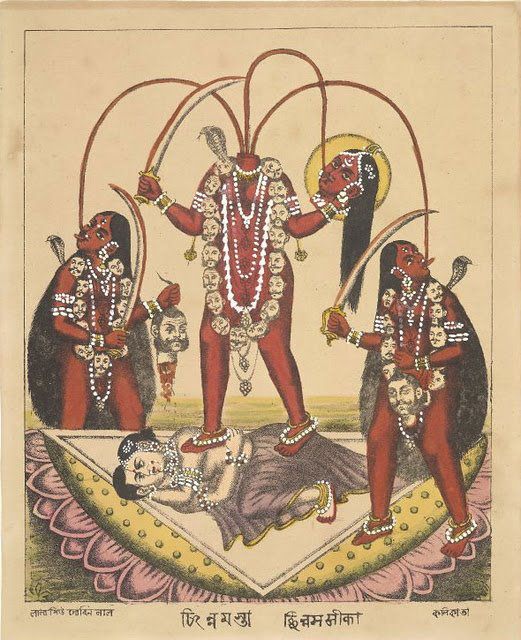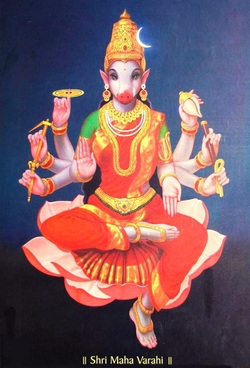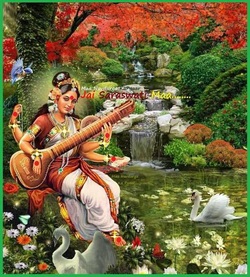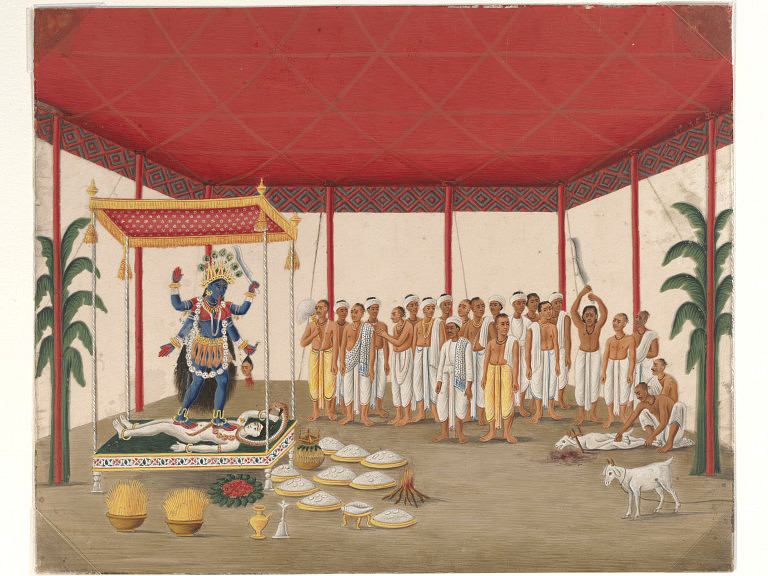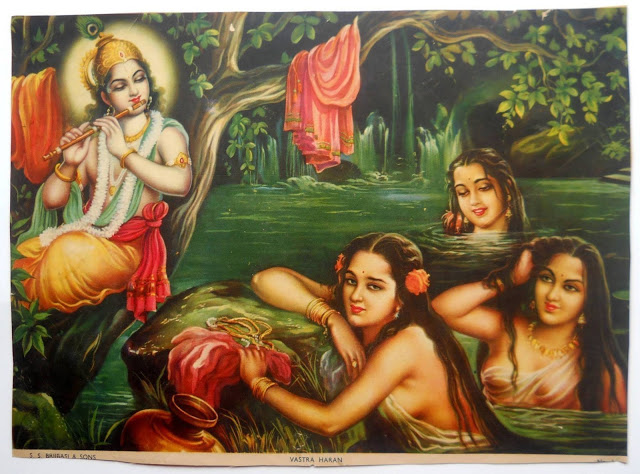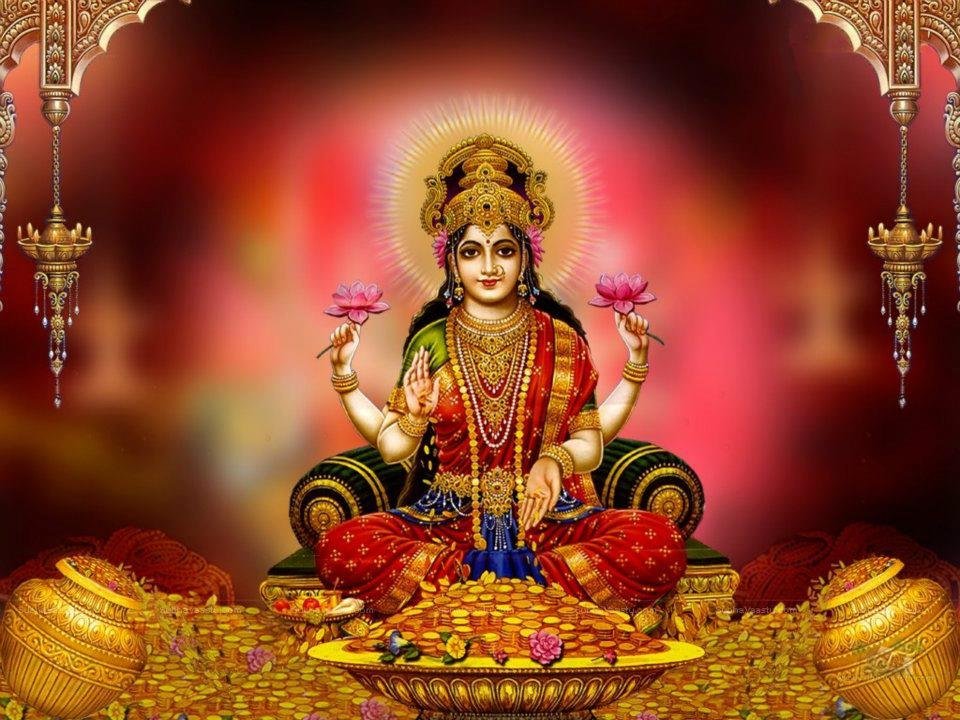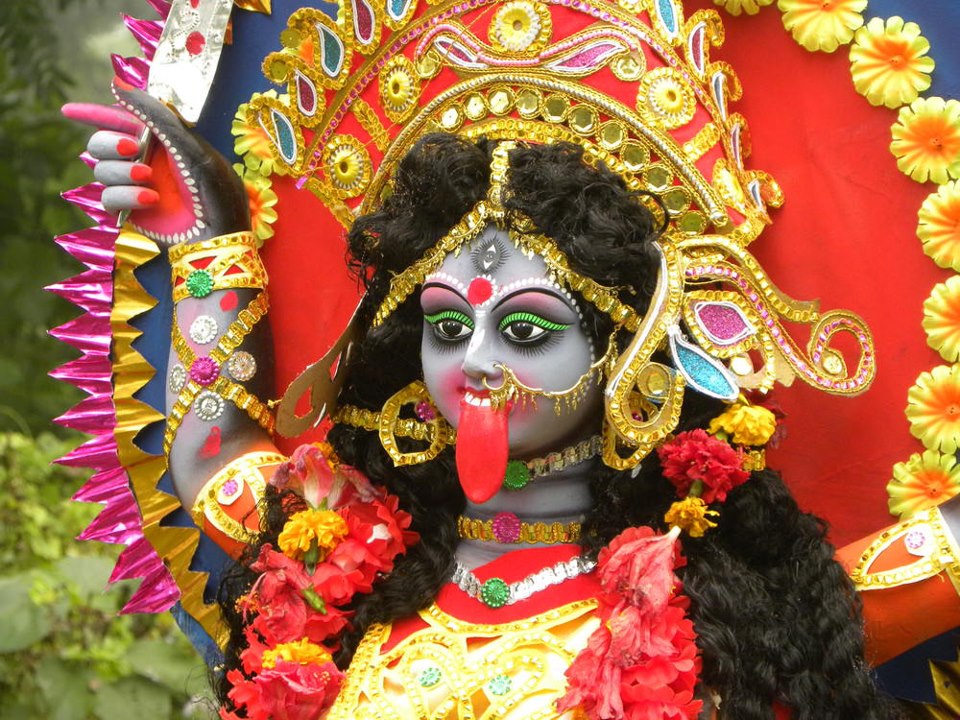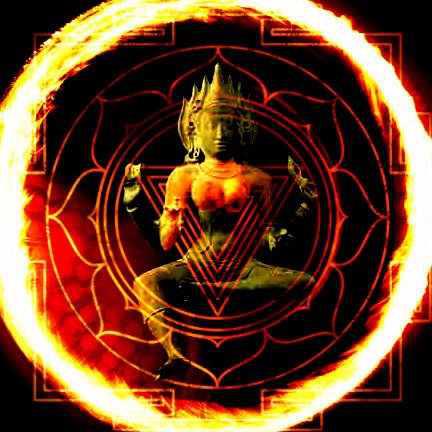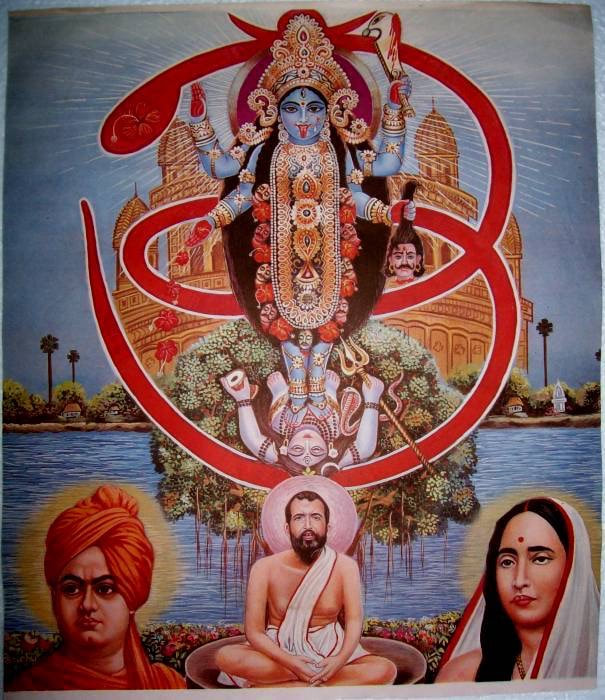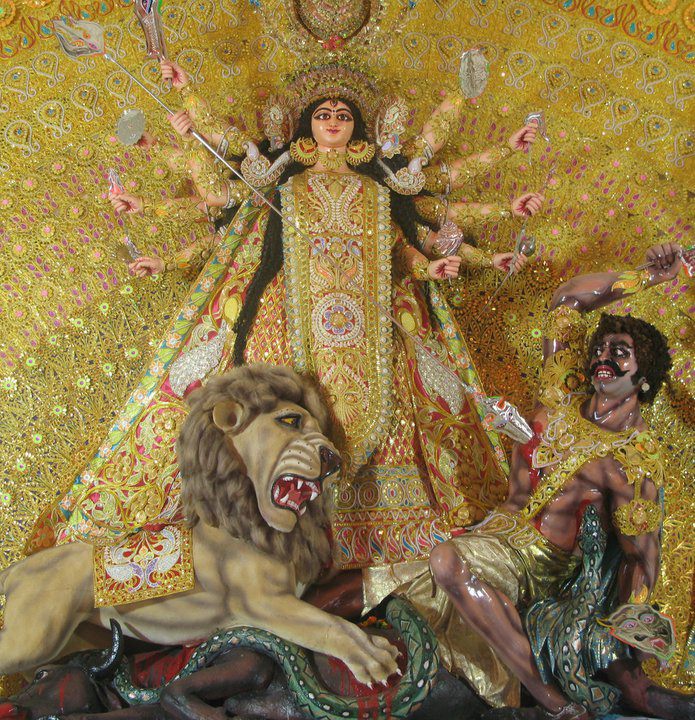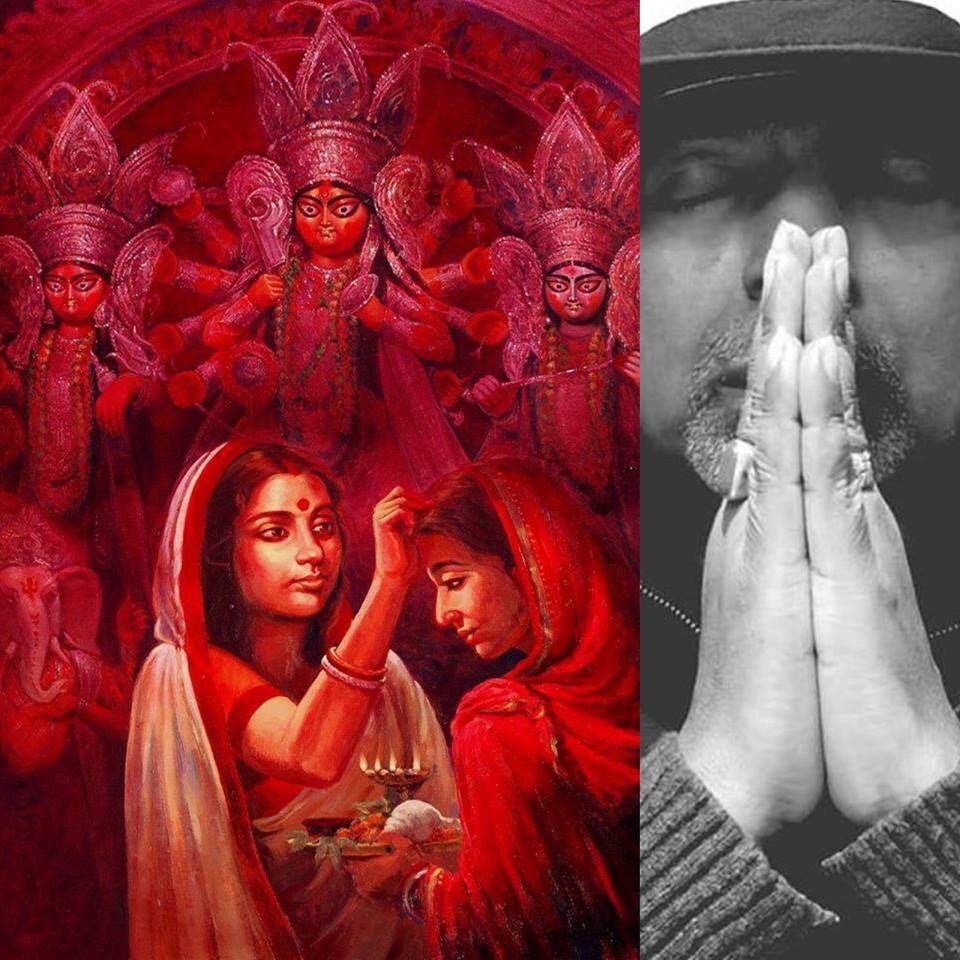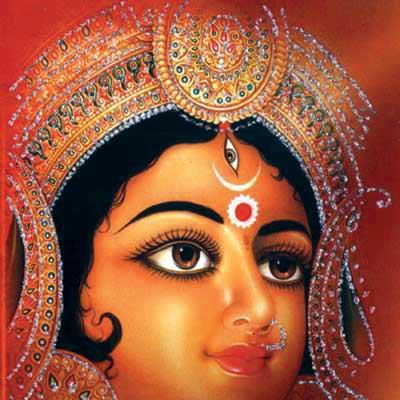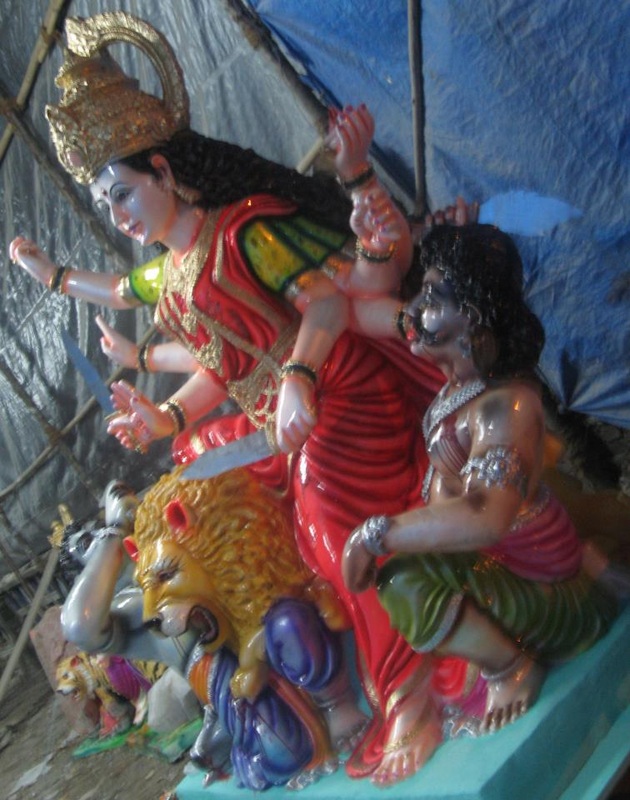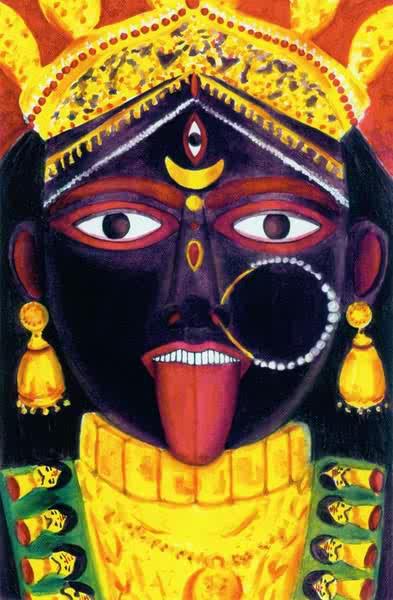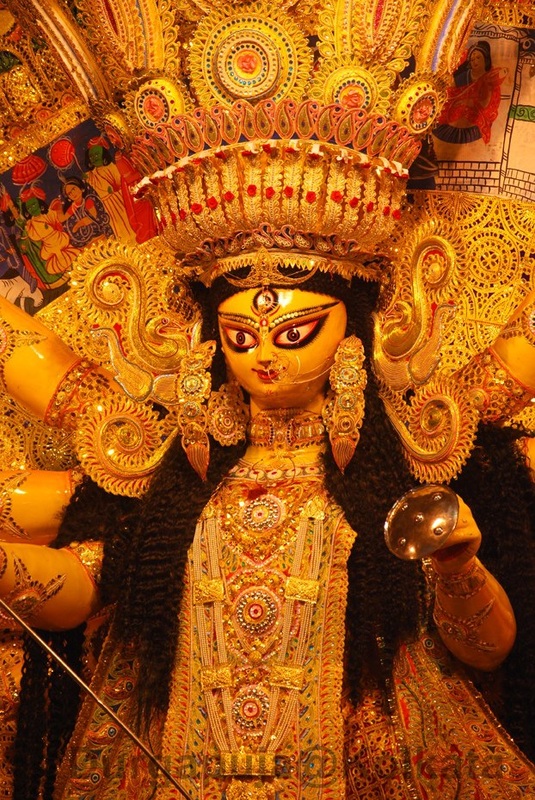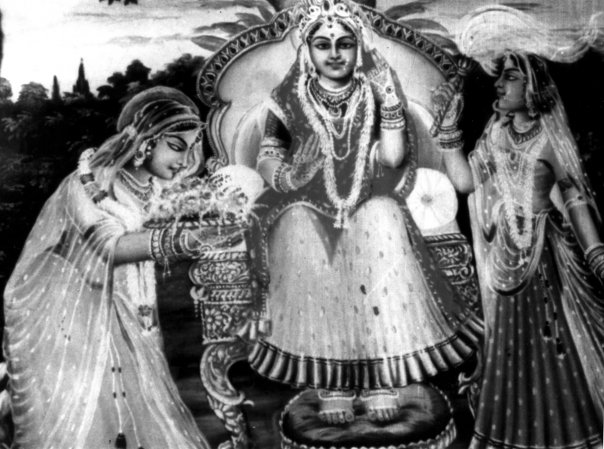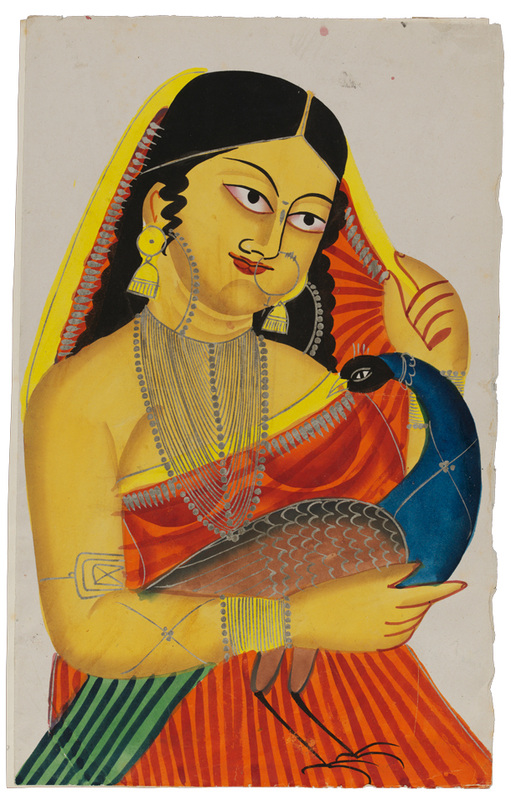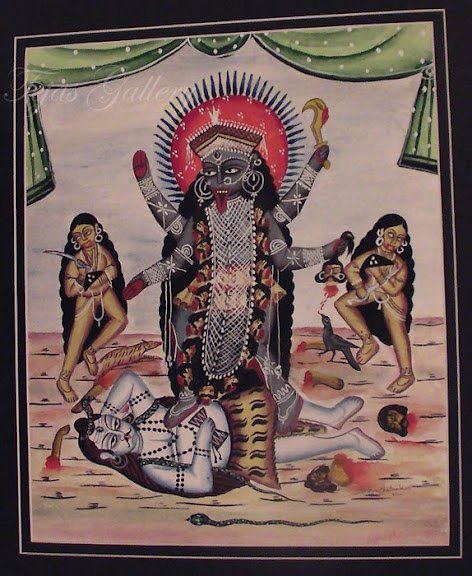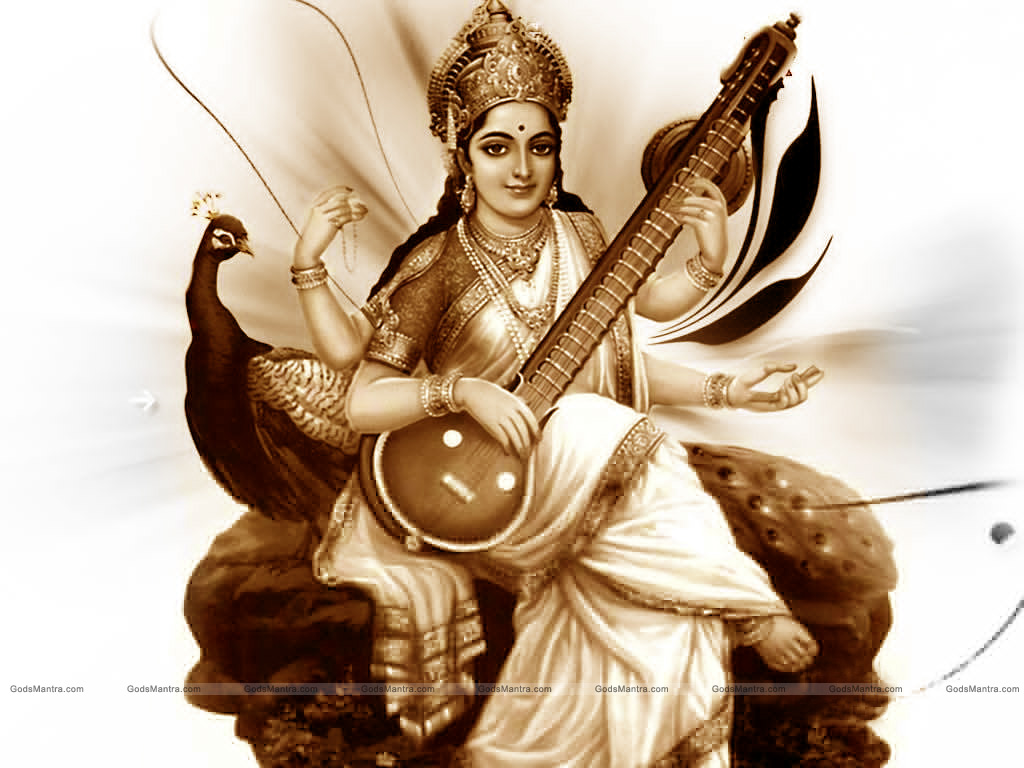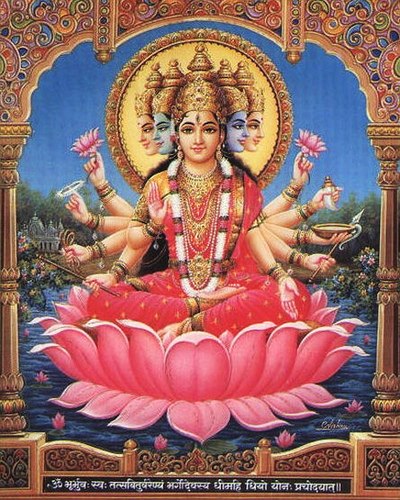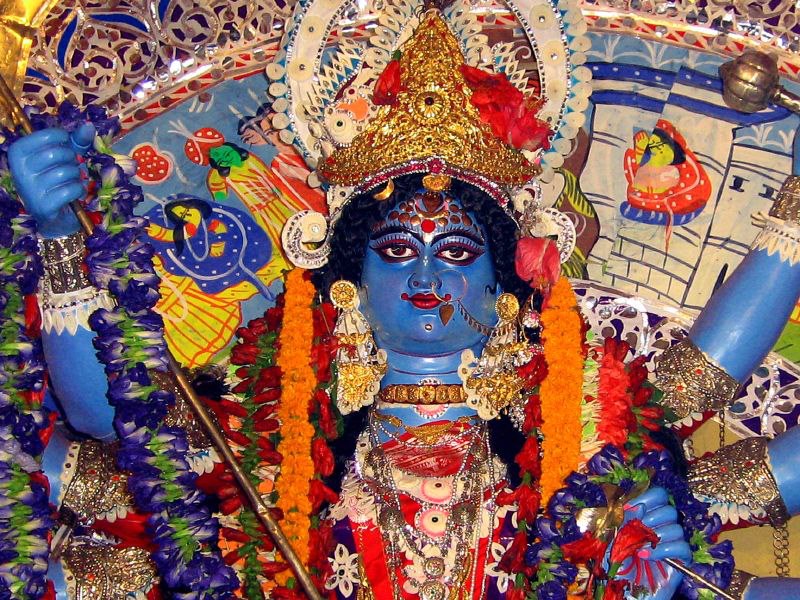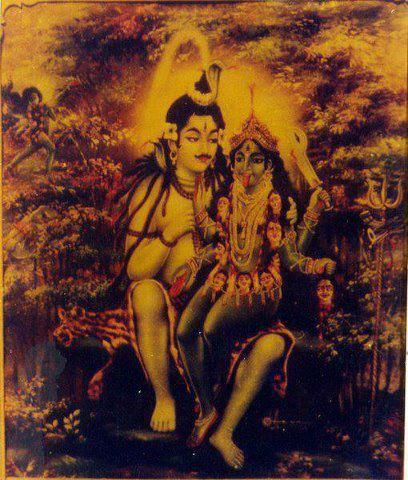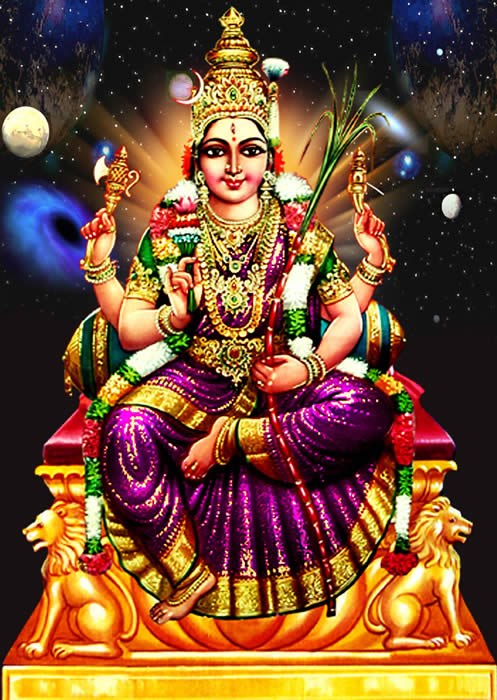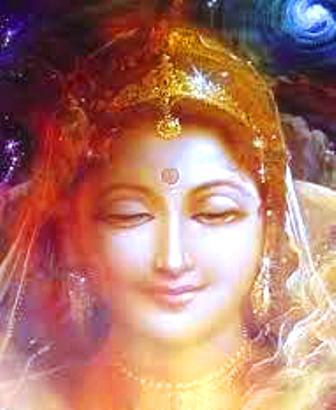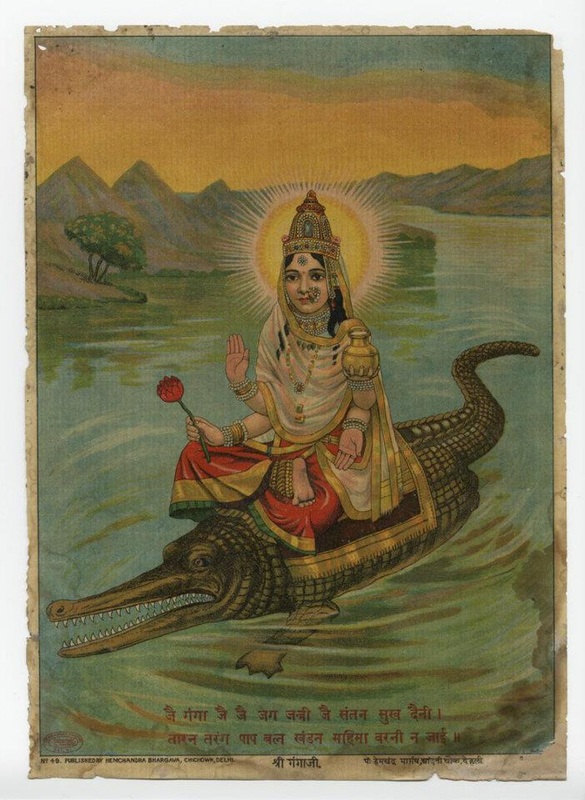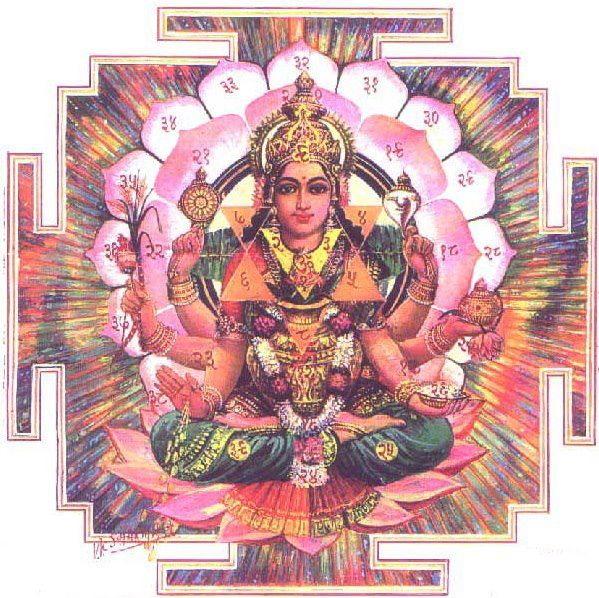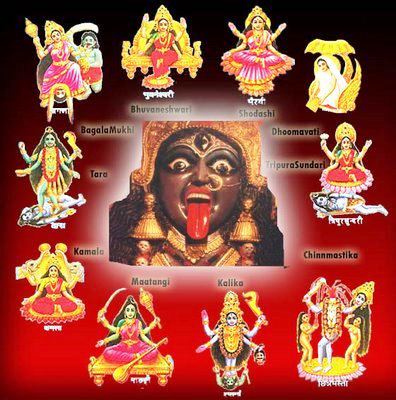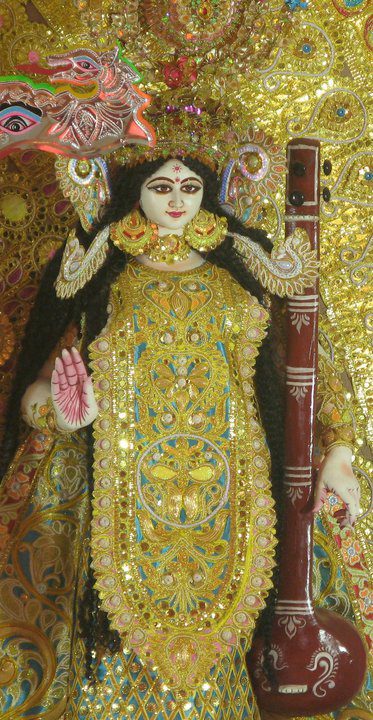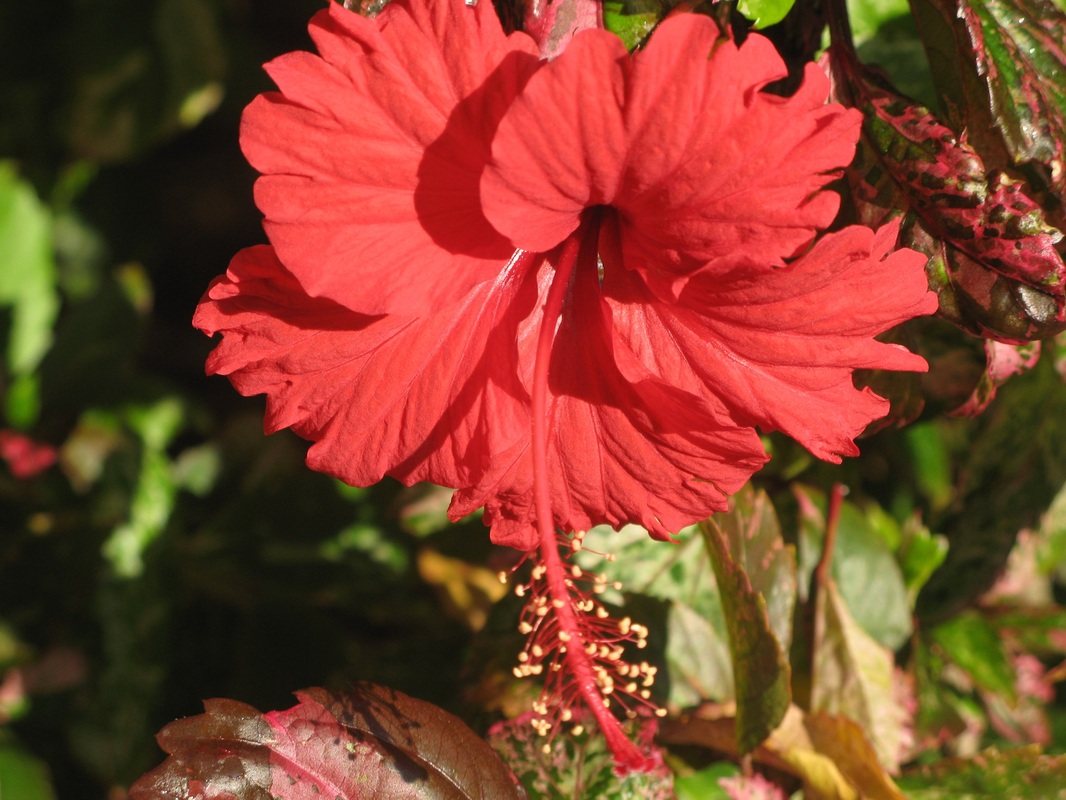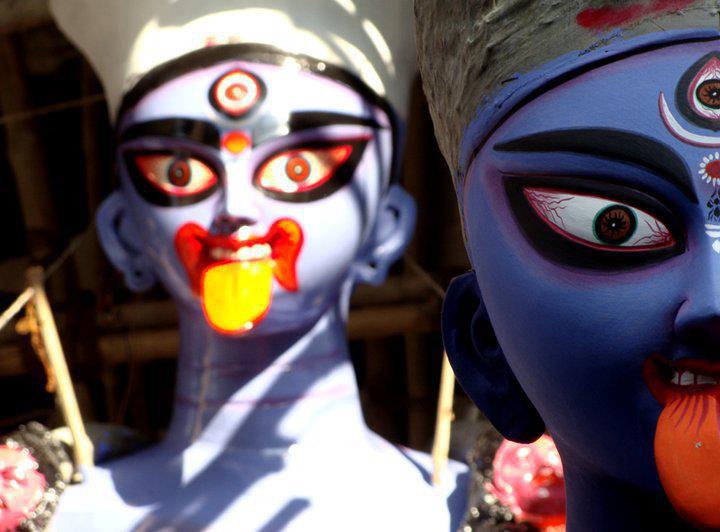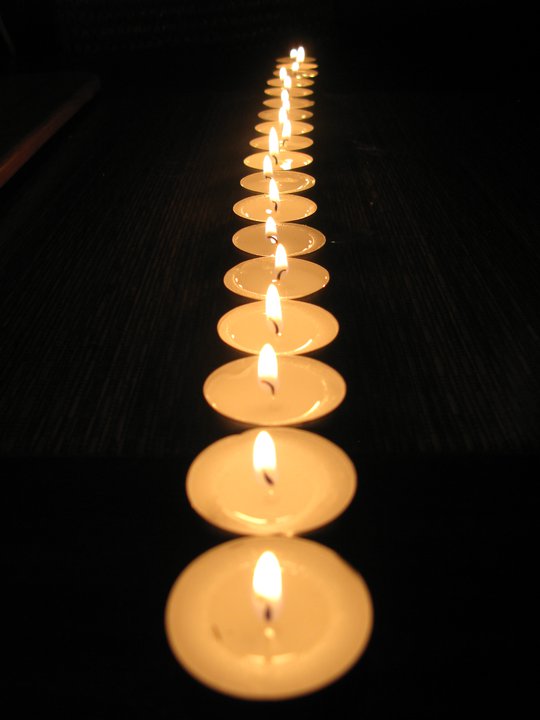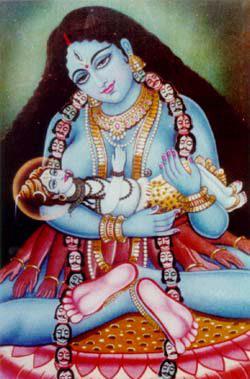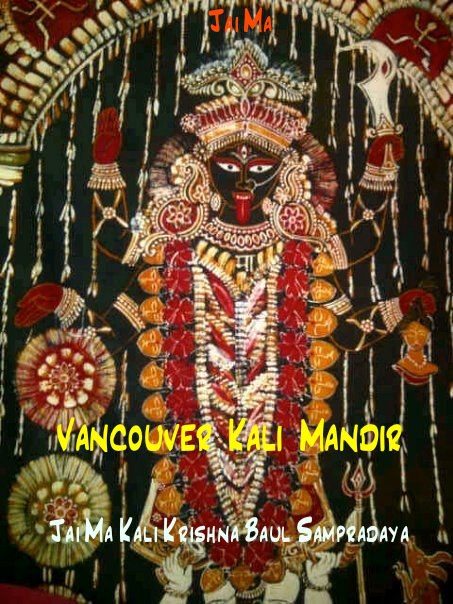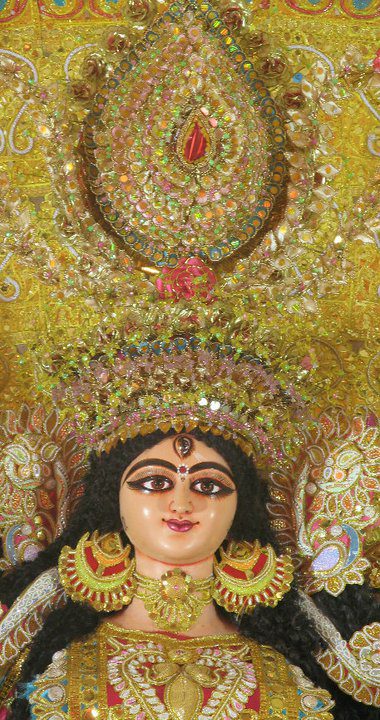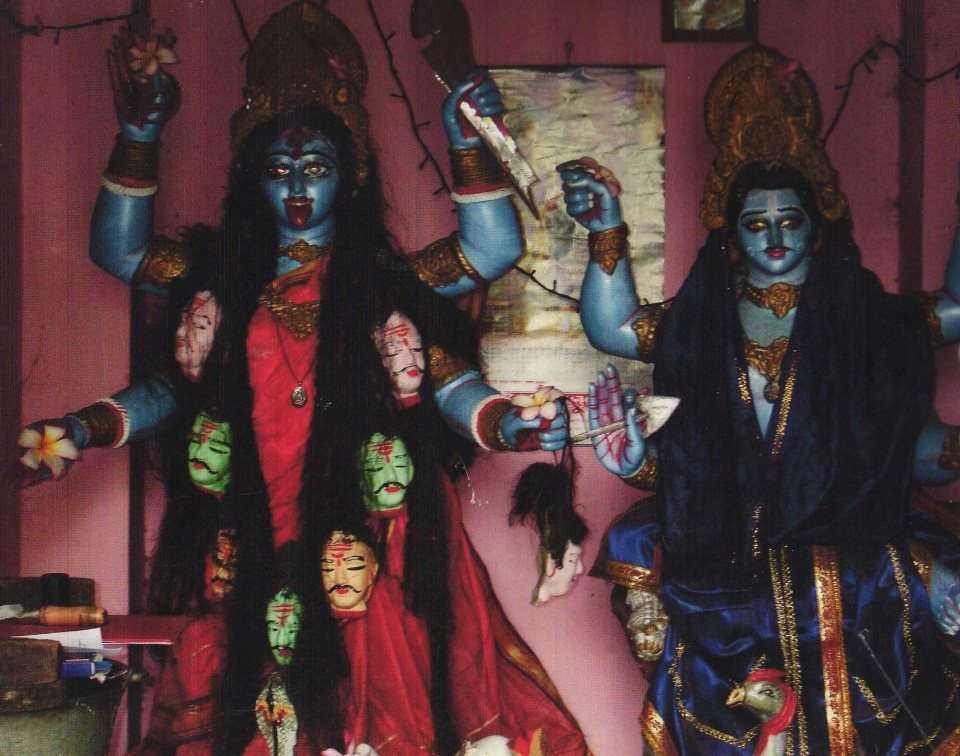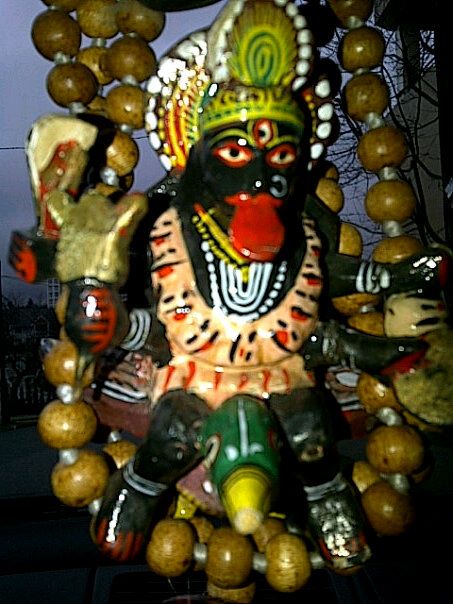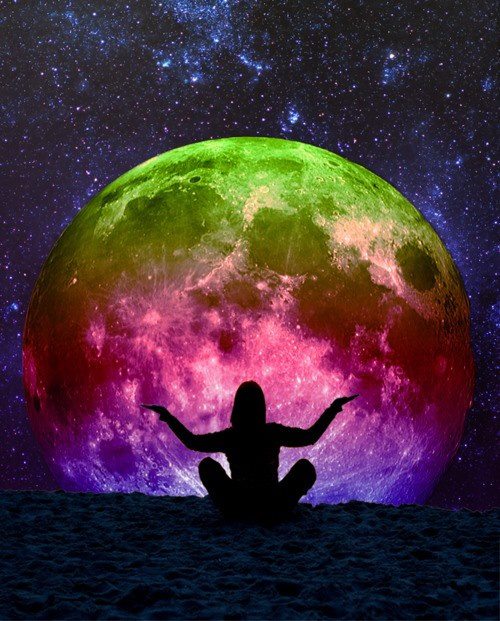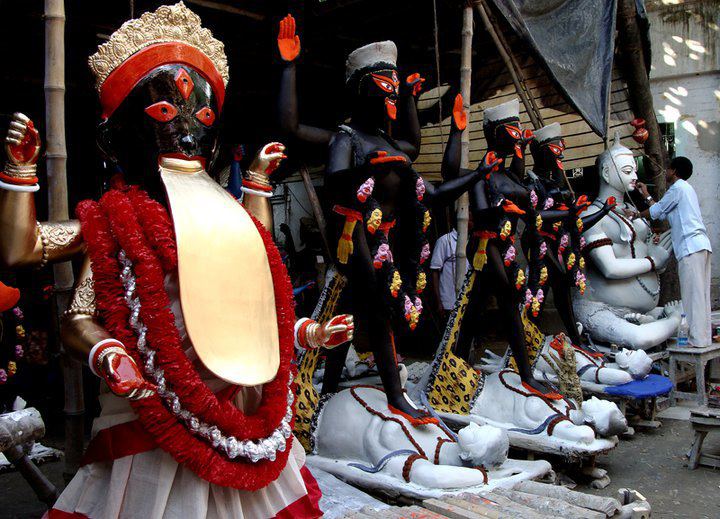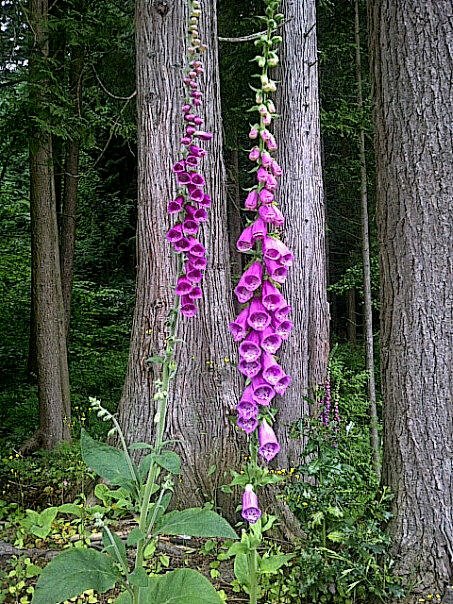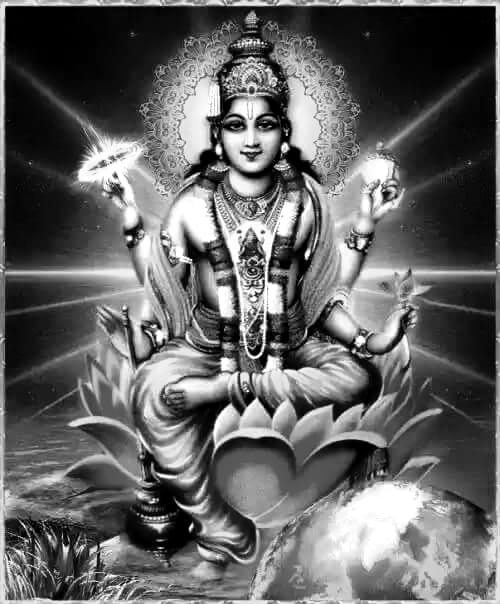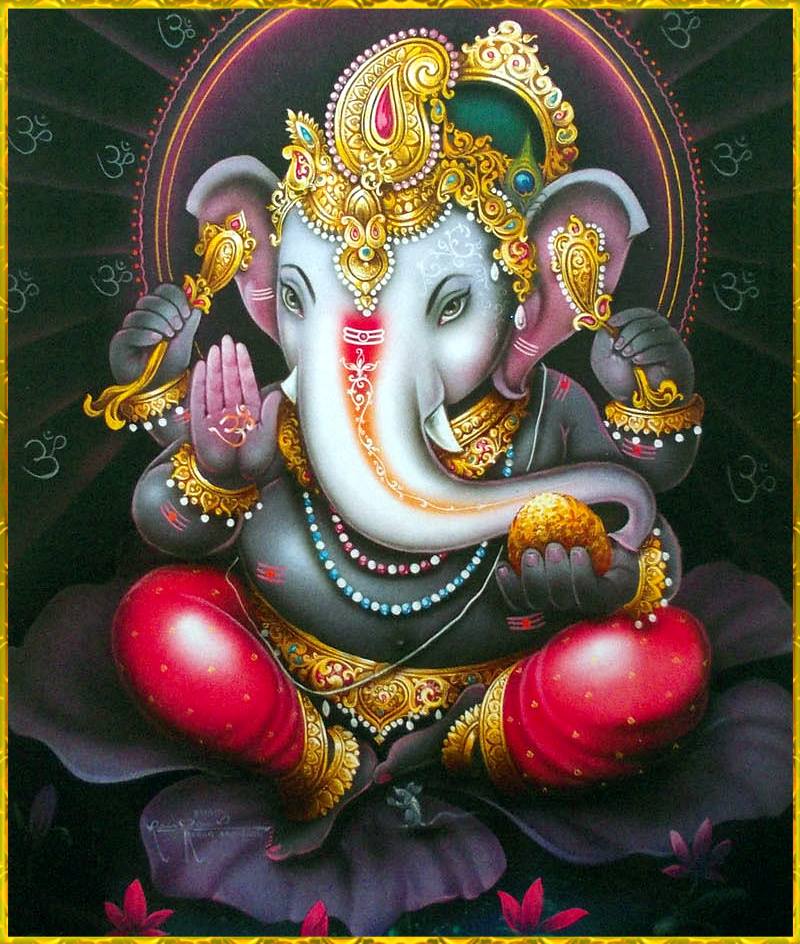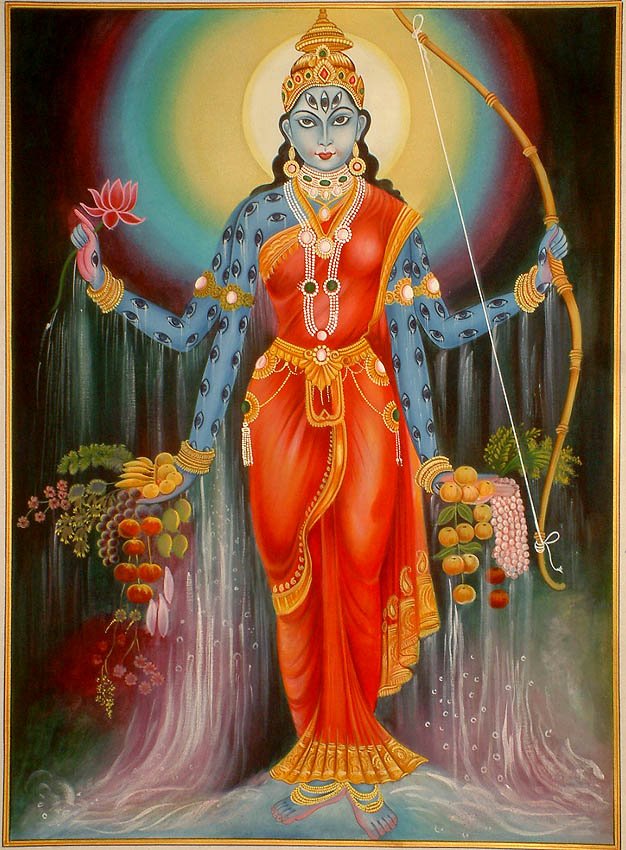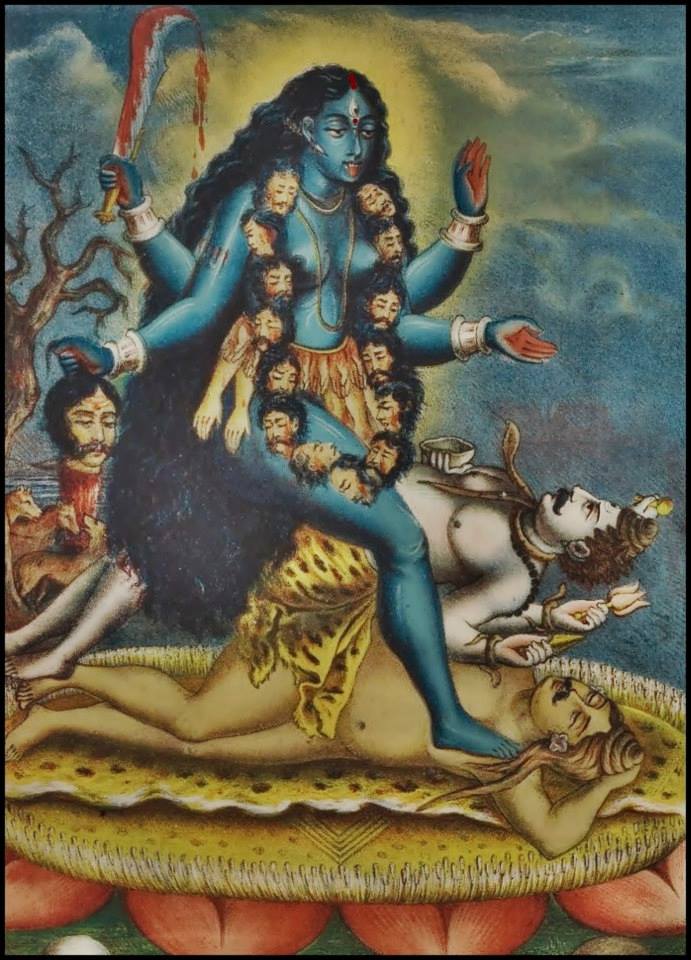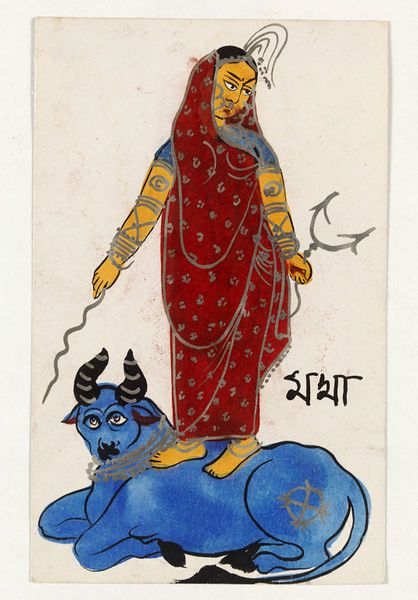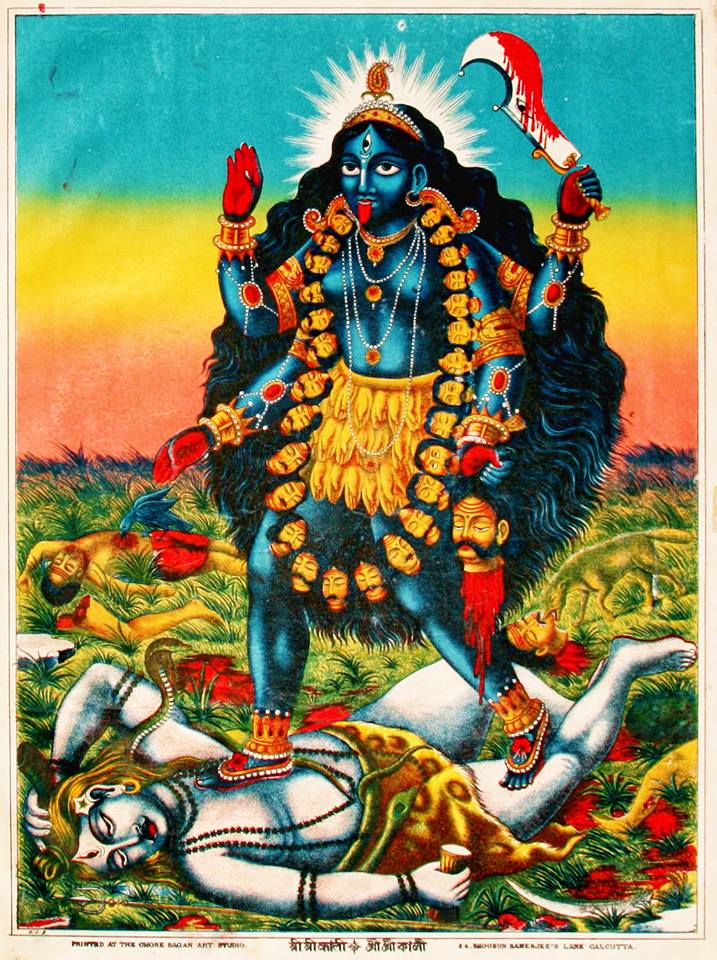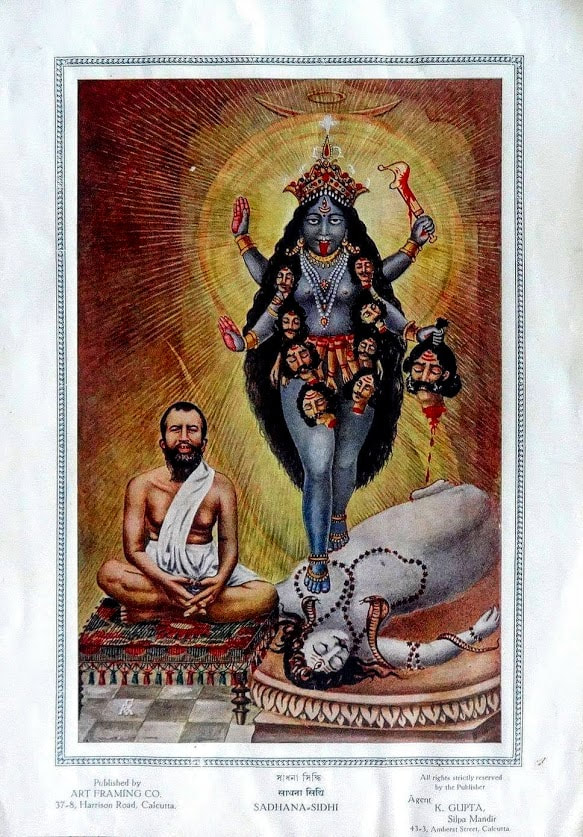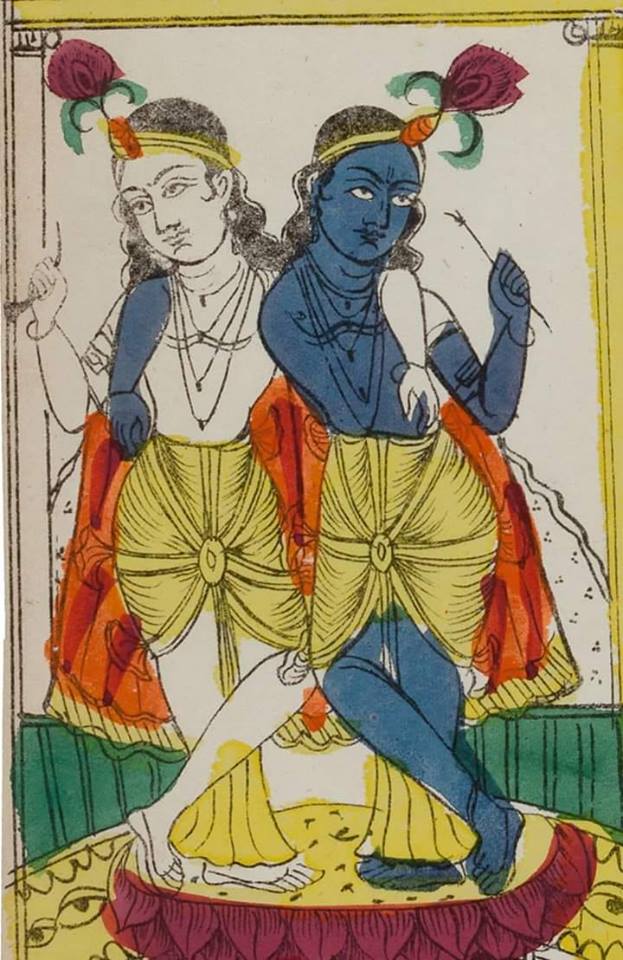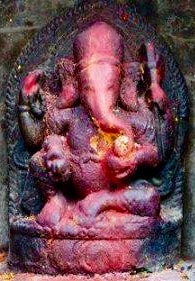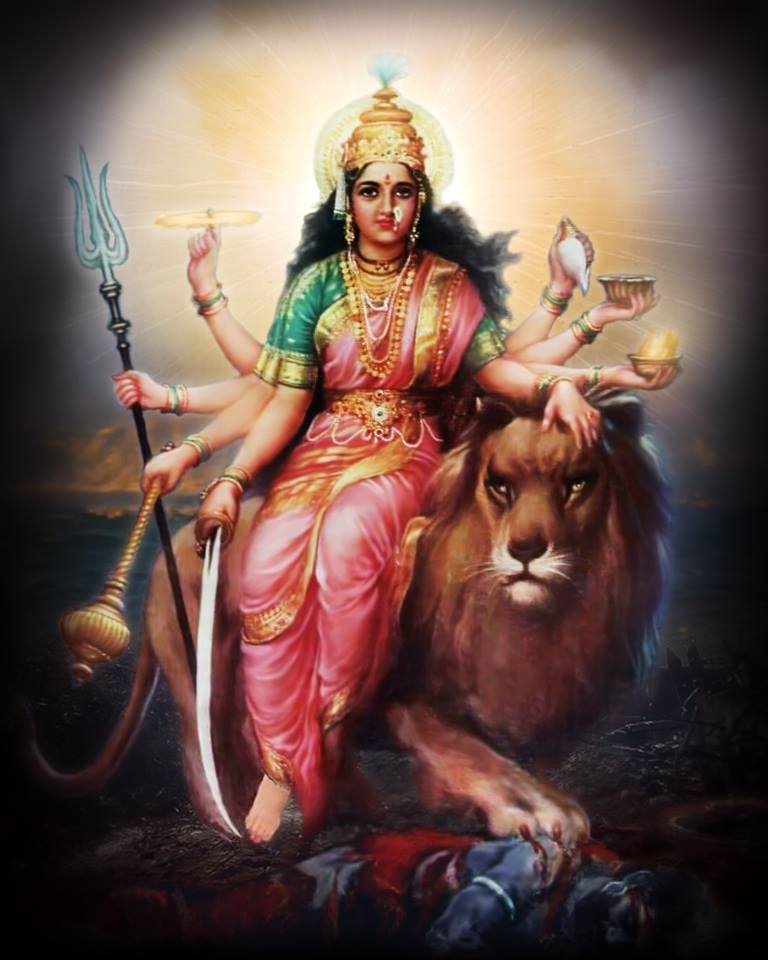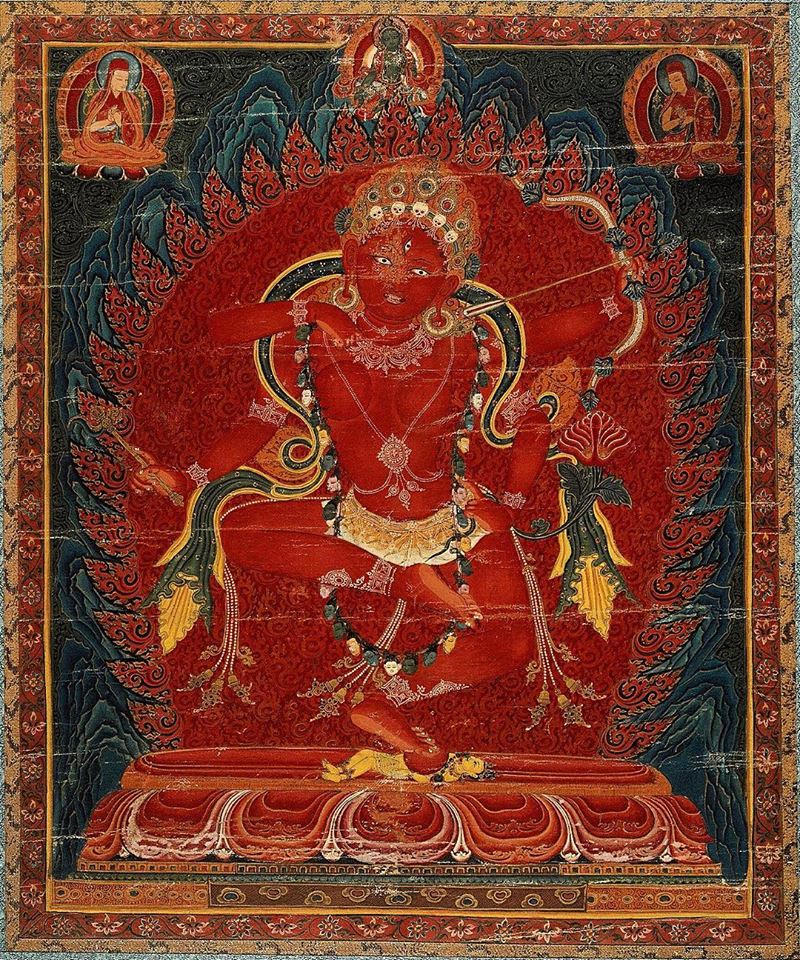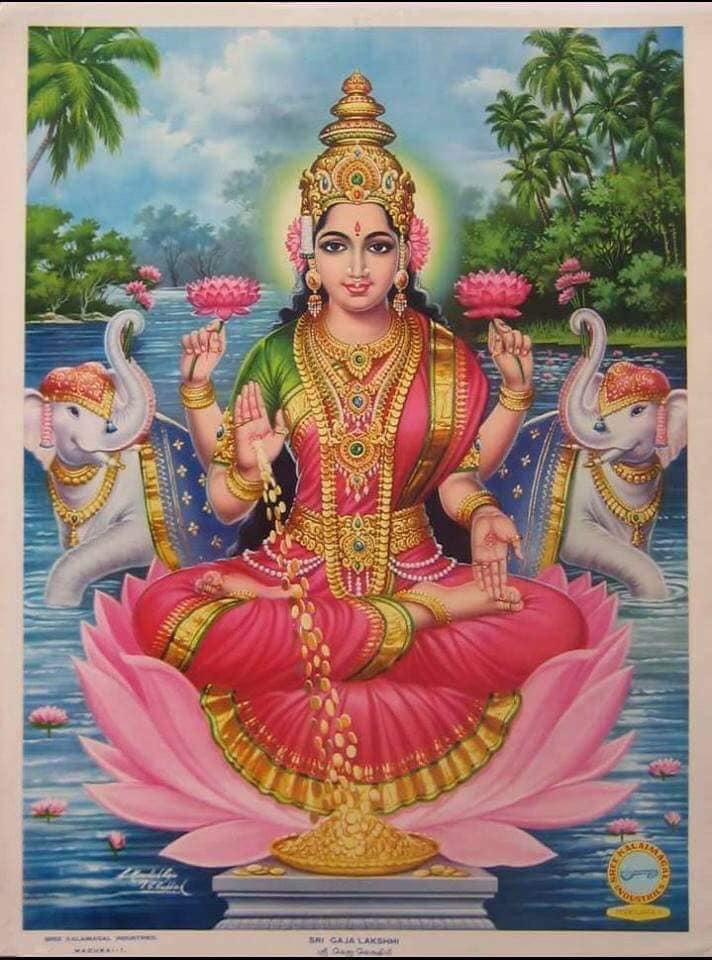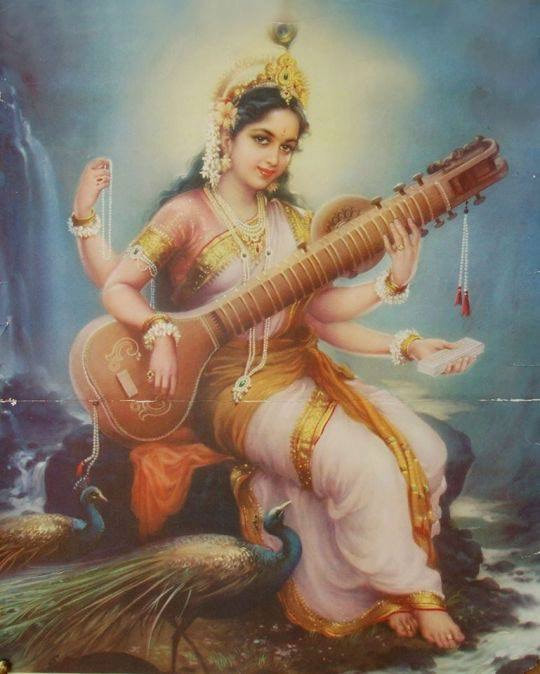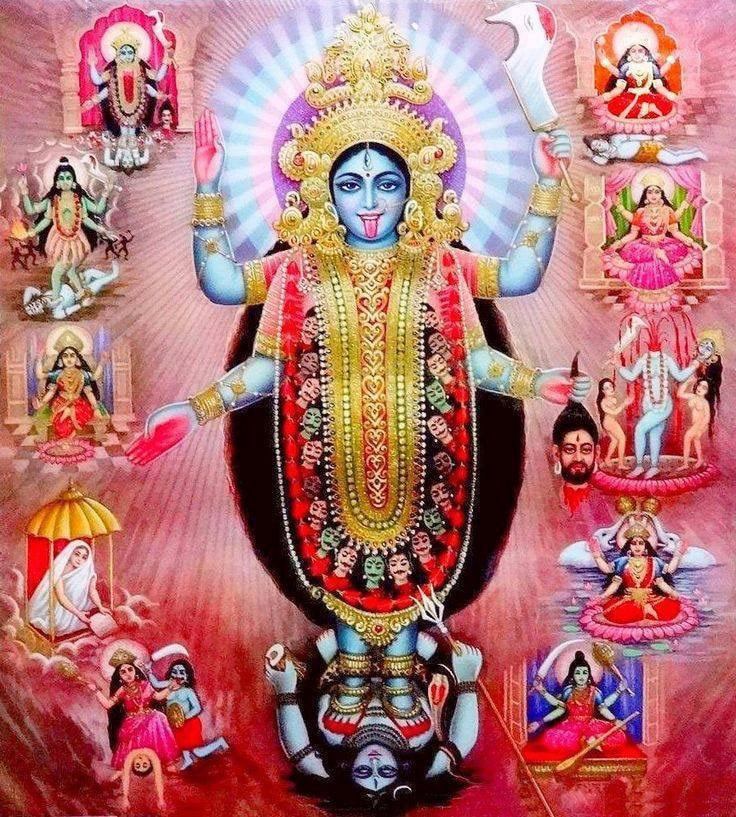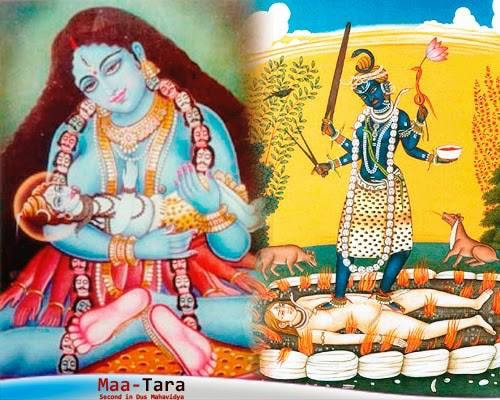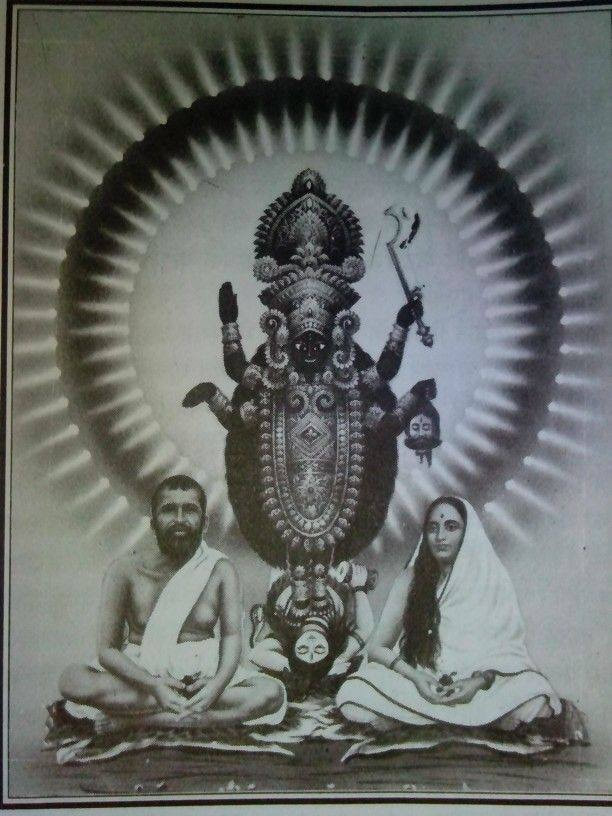The Rudra Mantra
Maha mrityun jaya Mantra
Sanskrit: महामृत्युंजय मंत्र or महामृत्युञ्जय मन्त्र,
mahā mṛtyuṃmjaya mantra
mahāmṛtyuñjaya mantra.
"Great Death-Conquering Mantra"
Tryambakam Mantra
is a verse (sūkta) of the Rigveda (RV 7.59.12).
The sūkta is addressed to Tryambaka
"The Three-eyed One", an epithet of Rudra.
It is identified with Shiva in Shaivism sect.
The verse also recurs in the Yajurveda
(TS 1.8.6.i; VS 3.60)
The Mahamrityunjaya Mantra reads:
ॐ त्र्य॑म्बकं यजामहे सु॒गन्धिं॑ पुष्टि॒वर्ध॑नम् ।
उ॒र्वा॒रु॒कमि॑व॒ बन्ध॑नान् मृ॒त्योर्मुक्षीय॒ मा ऽमृता॑त् ।
oṃ tryambakaṃ yajāmahe
sugandhiṃ puṣṭi-vardhanam
urvārukam iva bandhanān
mṛtyor mukṣīya mā 'mṛtāt
ॐ aum = is a sacred/mystical syllable Aum in Hinduism, Jainism, Buddhism & Sikhism
त्र्यम्बकम् tryambakam = the three-eyed one
त्रि tri = "three"
अम्बक ambaka = "eye"यजामहे yajāmahe = "we worship, we sacrifice"
ātmanepada of *yaj-)सुगन्धिम्
sugandhim = "the fragrant, the virtuous, the supreme being" ,
पुष्टिवर्धनम्
puṣṭi + vardhanam = "the bestower of nourishment, wealth, perfection"
, literally "him who possesses the growth of nourishment पुष्टि puṣṭi = "nourishment, increase, wealth, perfection"
वर्धन vardhana = "increase, growth"उर्वारुकम् urvārukam = "fruit, a kind of cucumber"
;इव iva = "as" in devanagari written together as उर्वारुकमिव urvārukamivaबन्धनान् bandhanān = "from bondage, from the stalk/stem" (ablative case, the ending is actually -āt, which changes to -ān because of sandhi)
Note: bandhanāt here means "from the stem". Thus, read with urvārukam iva, "as a fruit from the stem"; the etymologically prior meaning of "from bondage" resonates here as the fruit is a simile for the worshipper being released from the bondage of death.
मृत्योः mṛtyoḥ = "from death"
)मुक्षीय mukṣīya = "may I be freed/released"
ātmanepada of the root muc-)by sandhi, the last two words become मृत्योर्मुक्षीय mṛtyormukṣīyaमा ऽमृतात् mā 'mṛtāt = "not (mā) from immortality (amṛtāt)" (ablative case from amṛtam): negative particle mā is also constructed together with mukṣīya.
the last two words become मा ऽमृतात् mā-amṛtātOriginAccording to a legend, Markandeya was the only one on the earth who knew this mantra.
The Moon was once in trouble, when cursed by King Daksha. Markandeya gave the Mahamritryunjaya Mantra to Sati, Daksha's daughter, for the Moon.
According to another version this is the Bija mantra as revealed to Rishi Kahola that was given by Lord Shiva to sage Sukracharya, who taught it to Rishi Dadhichi, who gave it to King Kshuva, through whom it reached the Shiva Purana.
This mantra is also called the Rudra mantra, referring to the furious aspect of Shiva; the Tryambakam mantra, alluding to Shiva's three eyes; and it is sometimes known as the Mrita-Sanjivinimantra (lit., "Reviver of the dead") because it is a component of the "life-restoring" practice given to the primordial sage Śukracharya after he had completed an exhausting period of austerity.
Its Devata (patron deity) is Rudra, i.e.,
Shiva in his fiercest and most destructive roopa or aspect.
In the Vedas it finds its place in three texts -
a) the Rig veda VII.59.12,
b) the Yajur Veda III.60, and
c) the Atharva Veda XIV.1.17.
SignificanceIt is said to be beneficial for :
mental
emotional
physical health
moksha mantra
longevity and immortality.
According to some puranas, the Mahamrityunjaya Mantra has been used by many rishis as well as Sati during the time when Chandra suffered from the curse of
Prajapati Daksha.
By reciting this mantra, the effect of the curse of Daksha, which could make him die, slowed, and Shiva then took Chandra and placed it upon his head.
This mantra is addressed to Shiva for warding off untimely death.
It is also chanted while smearing Vibhuti over various parts of the Body and utilised in Japa or Homa (havan) to get desired results.
While its energy protects and guides the initiates a mantra re-links consciousness to its deeper and more abiding nature and repetition of the mantra constitutes Japa, the practice of which develops concentration that leads to a transformation of awareness.
Whereas the Gayatri Mantra is:
Purification and Spiritual Guidance
---------------------------------
Maha mrit yun jaya Mantra:
Healing Rejuvenation and Nurturance
Wikipedia
If there is any misunderstanding that this is not the Dali Lama Singing please listen to Hein Braat's voice in other mantra's, google him.
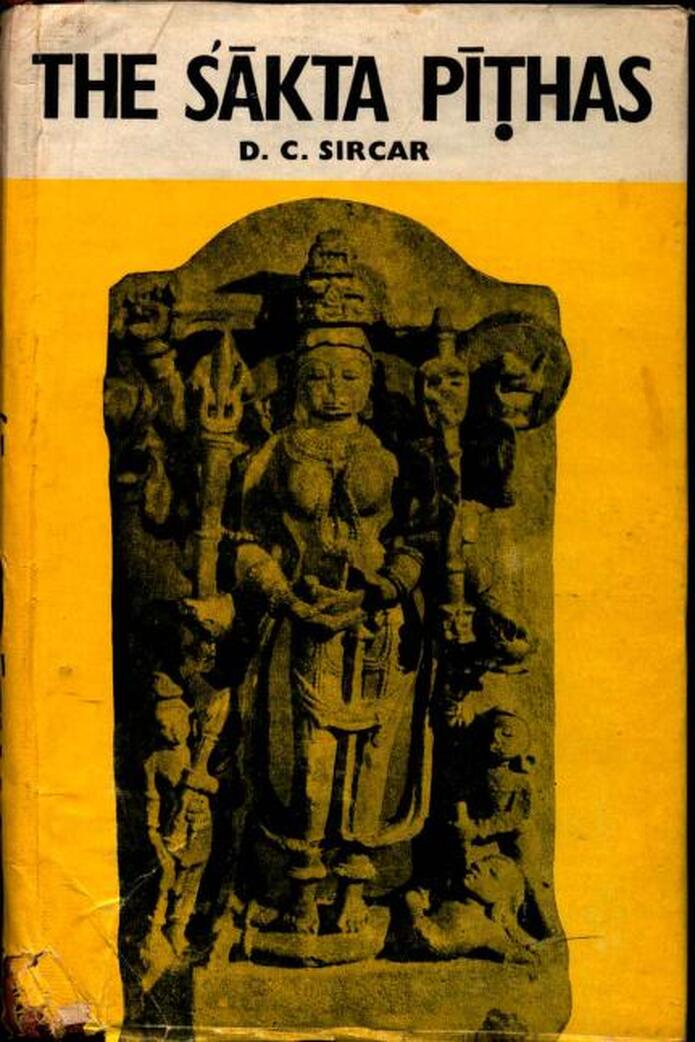
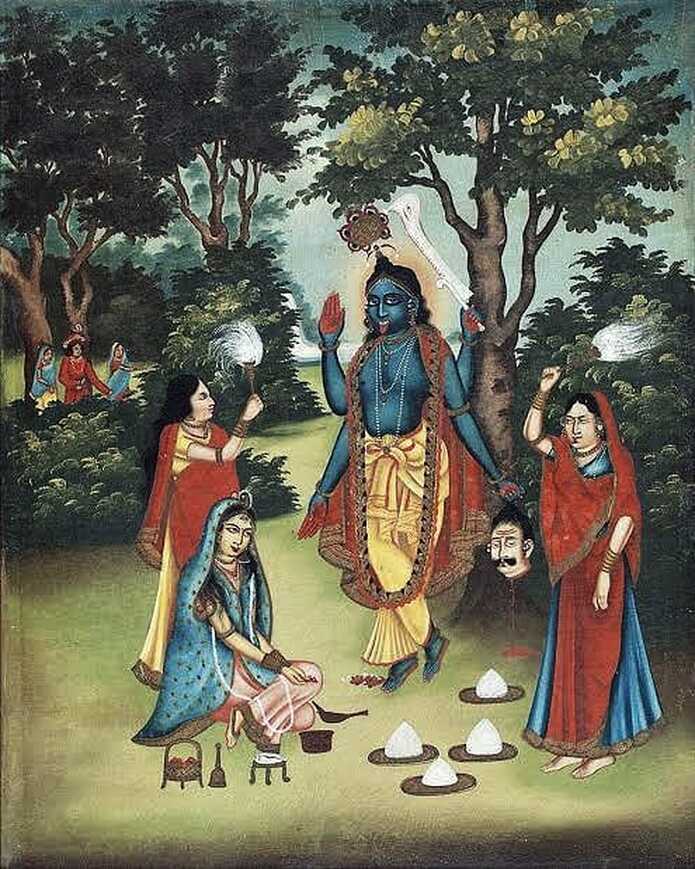
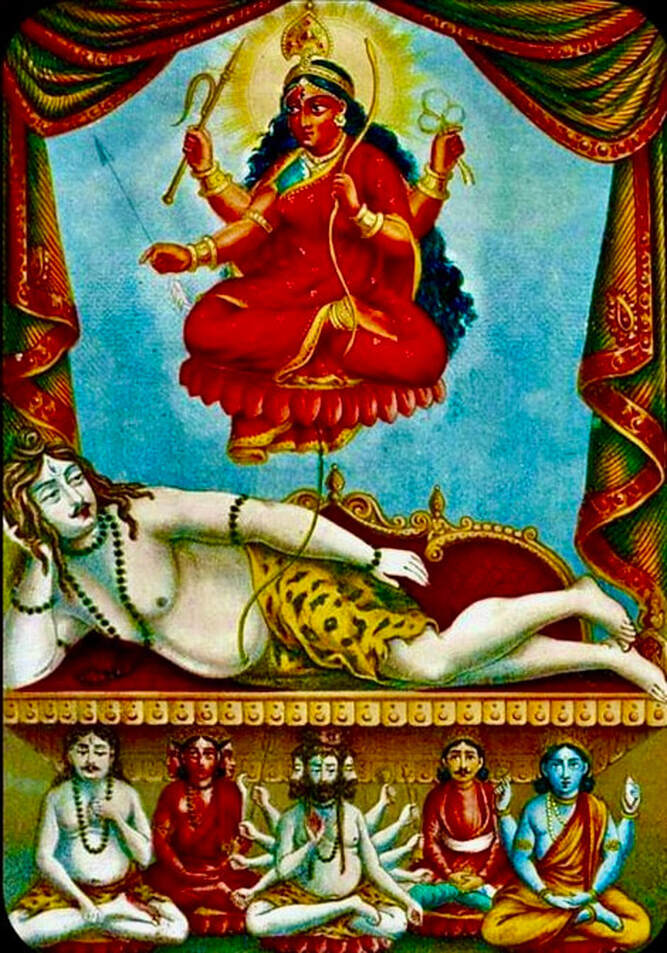
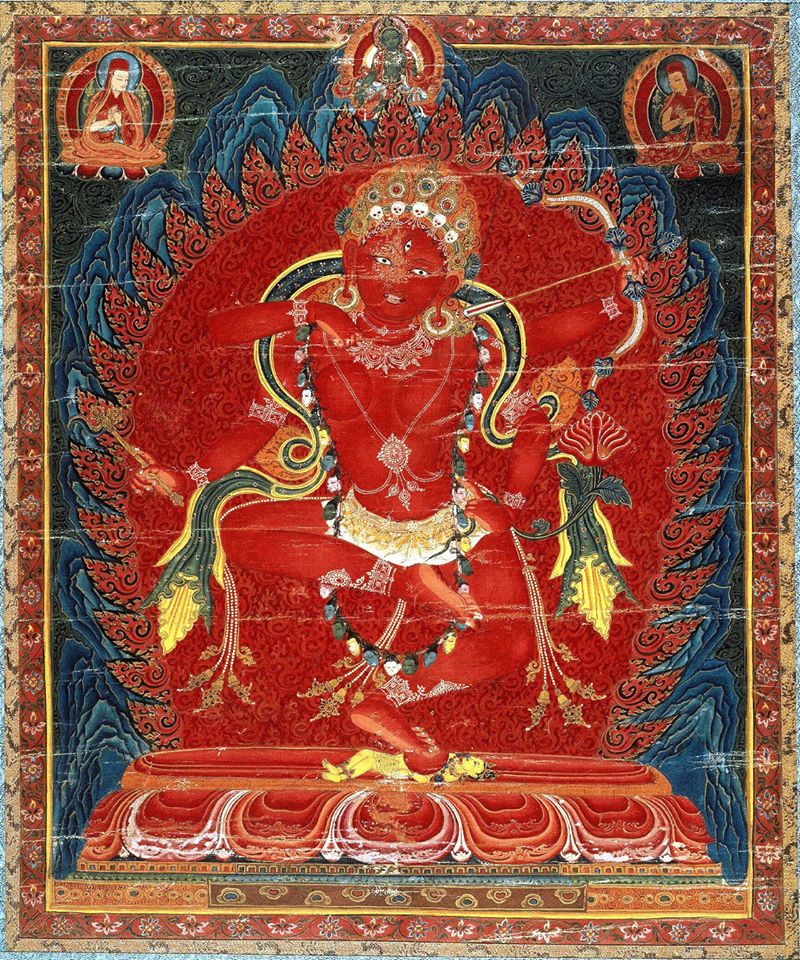
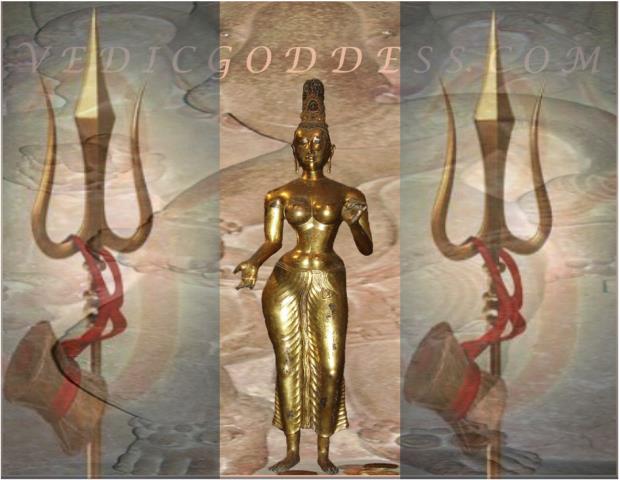
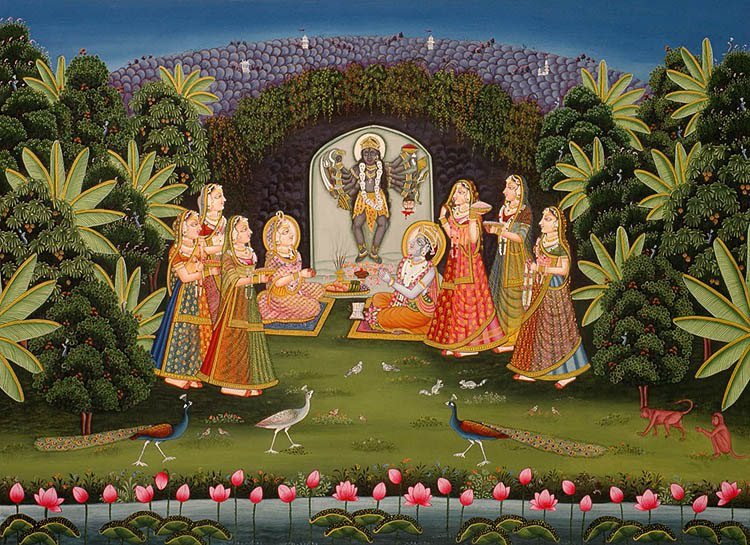
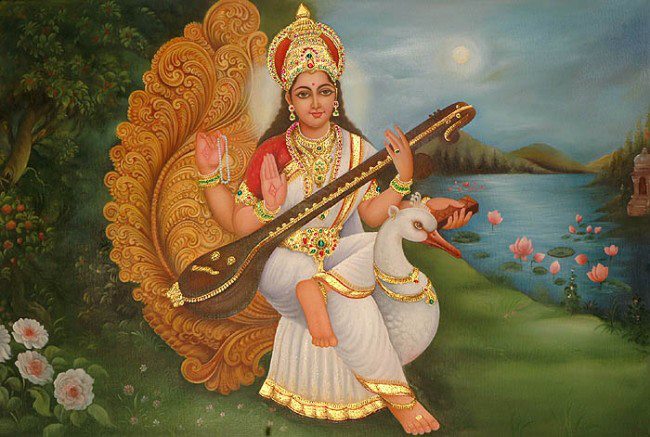
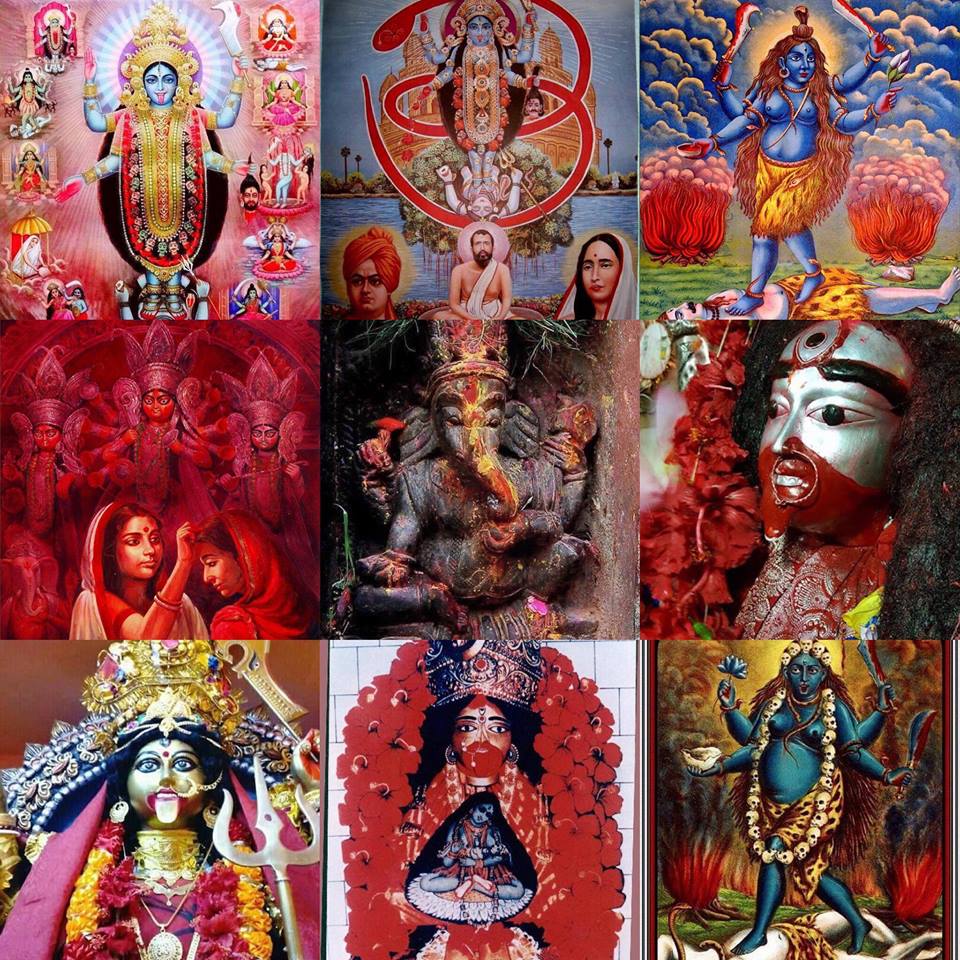
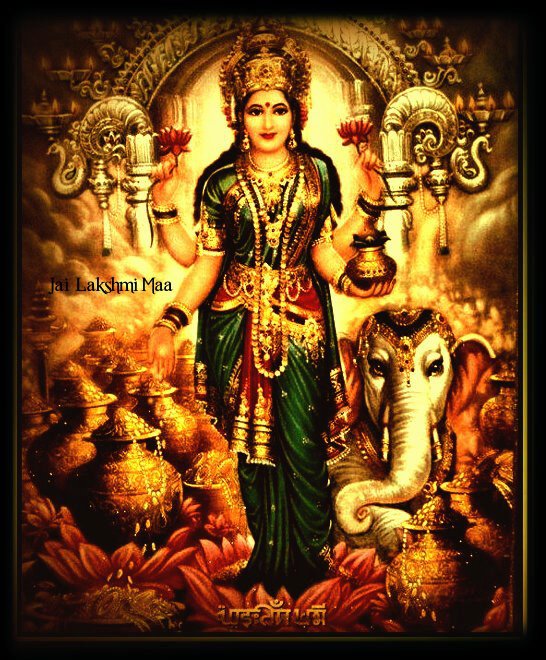
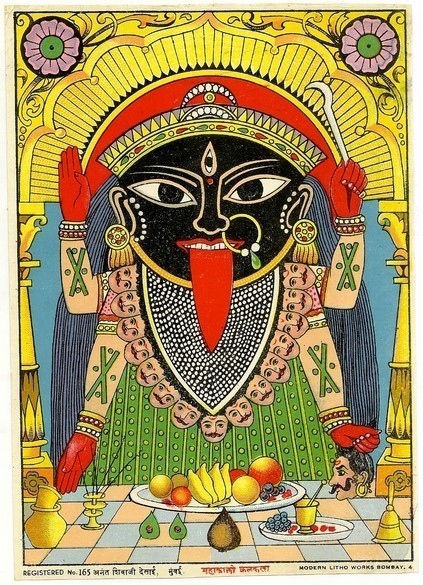
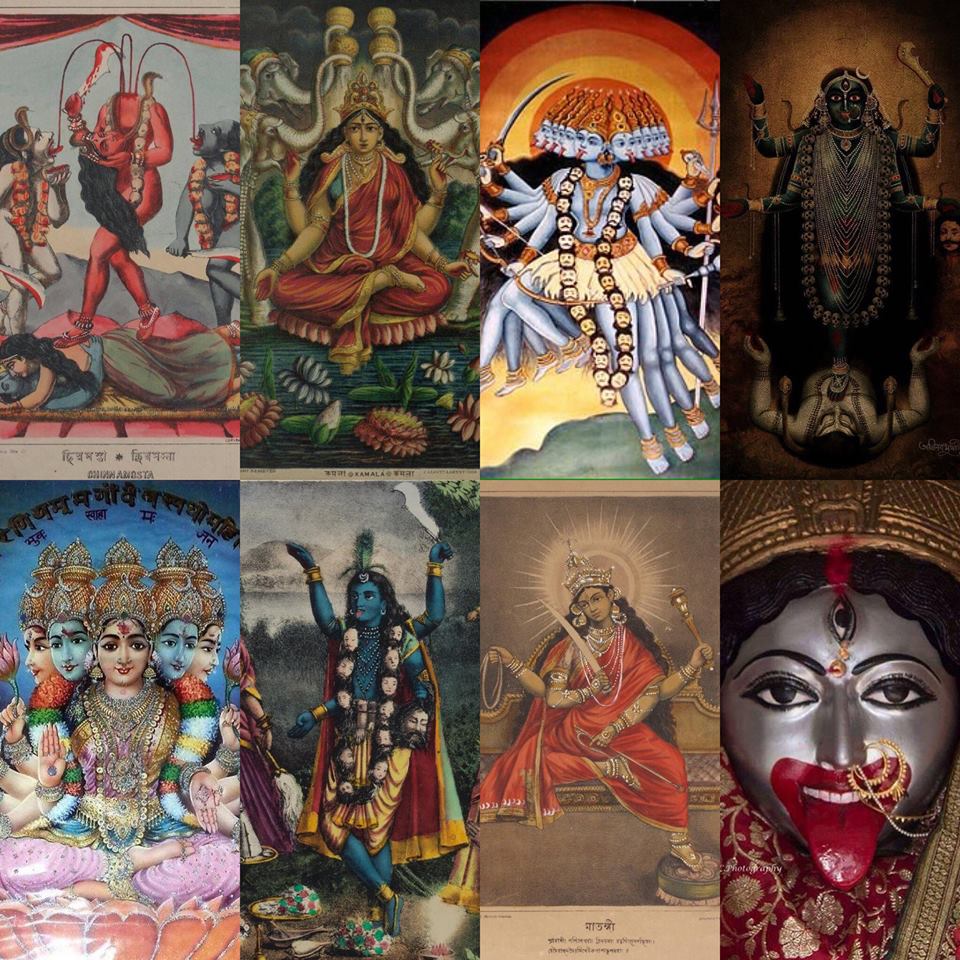
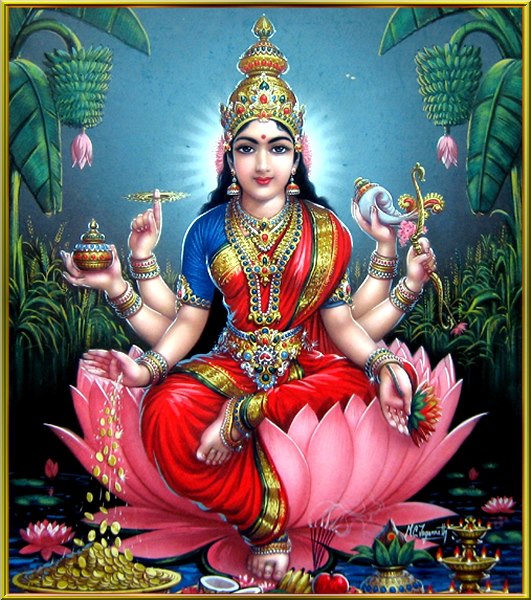
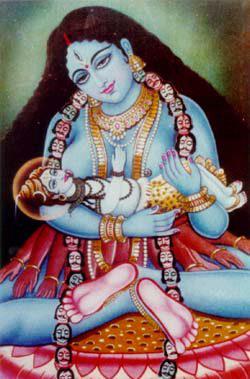
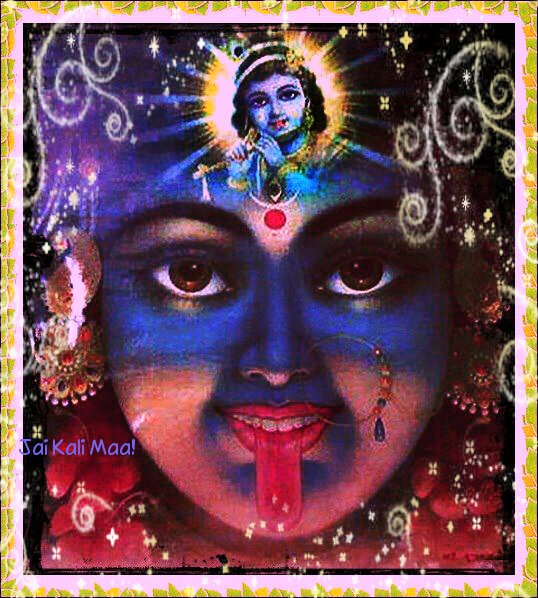
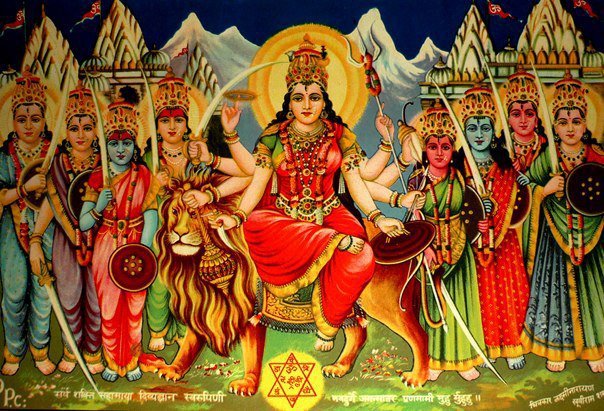
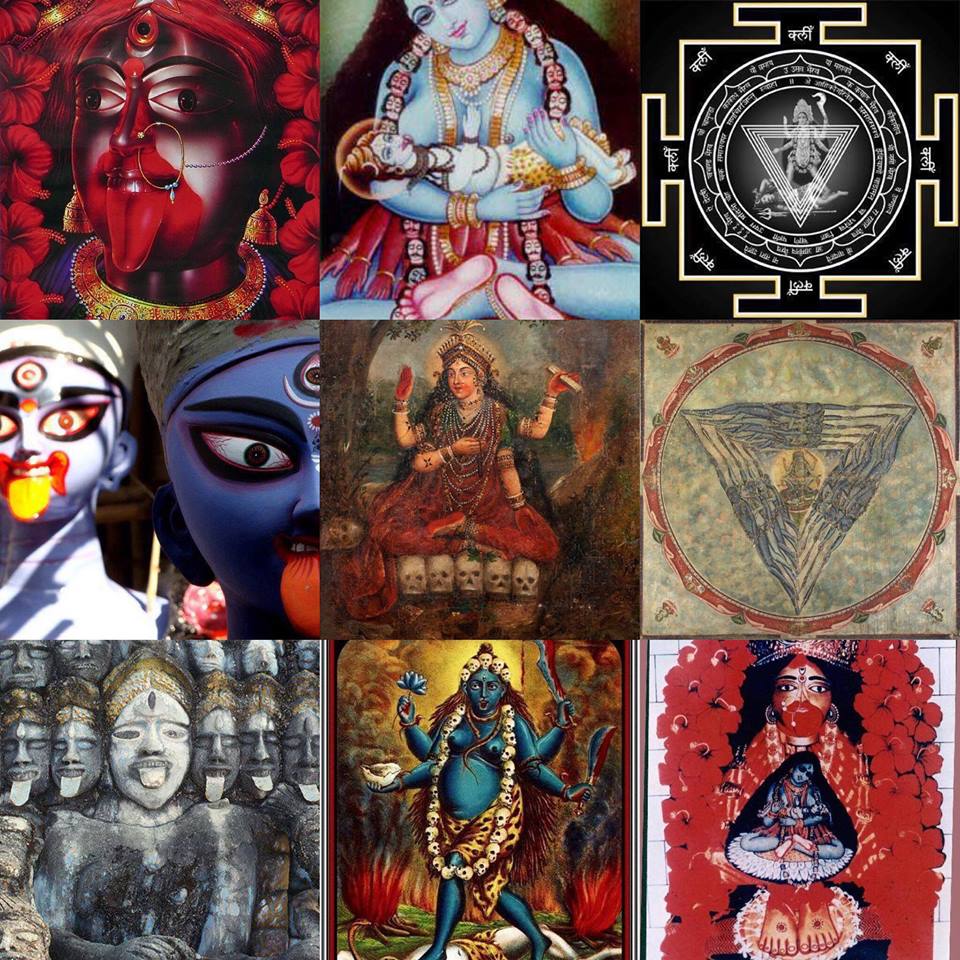
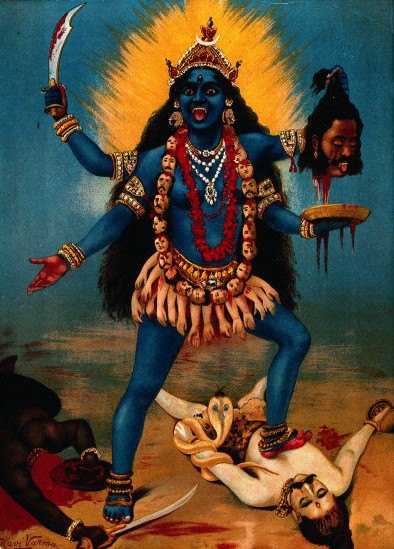
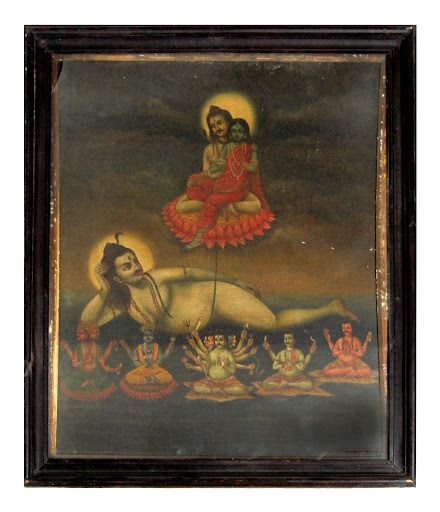
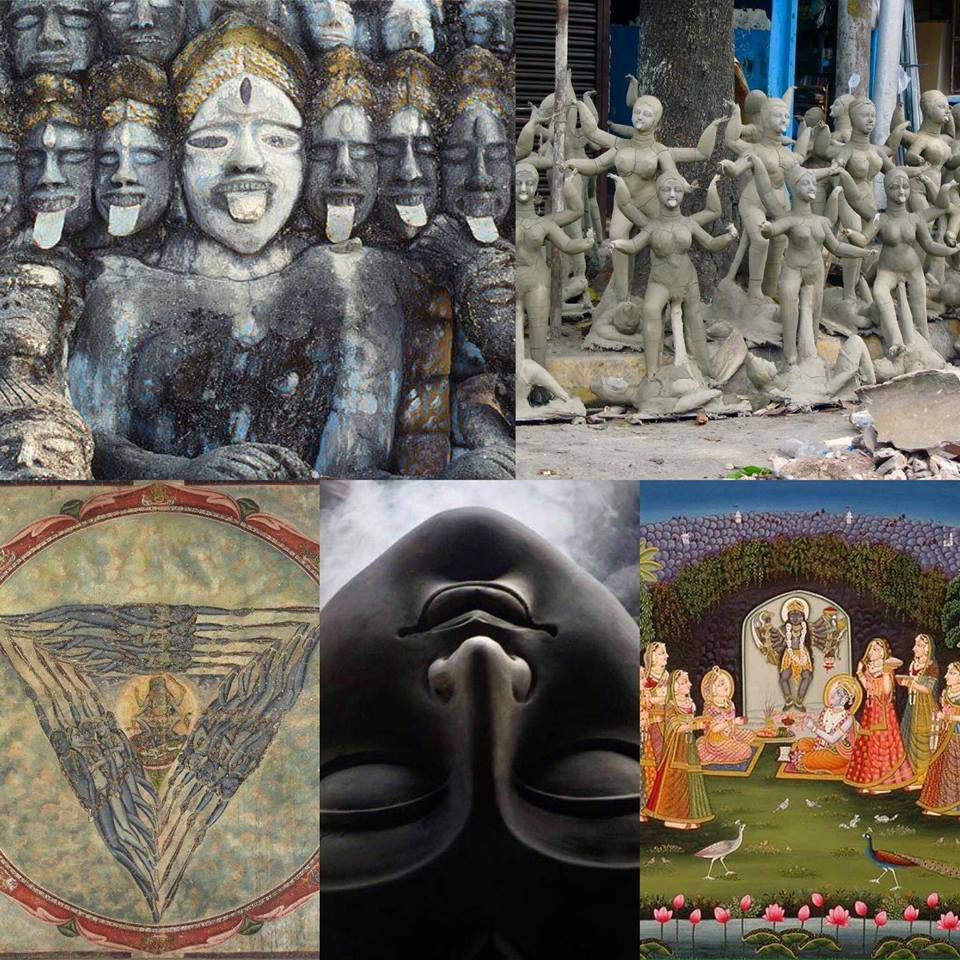
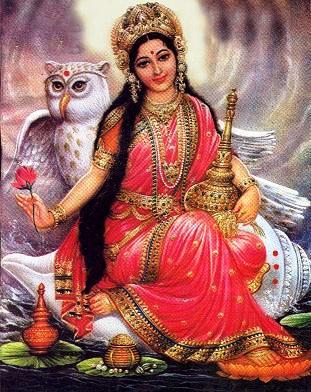
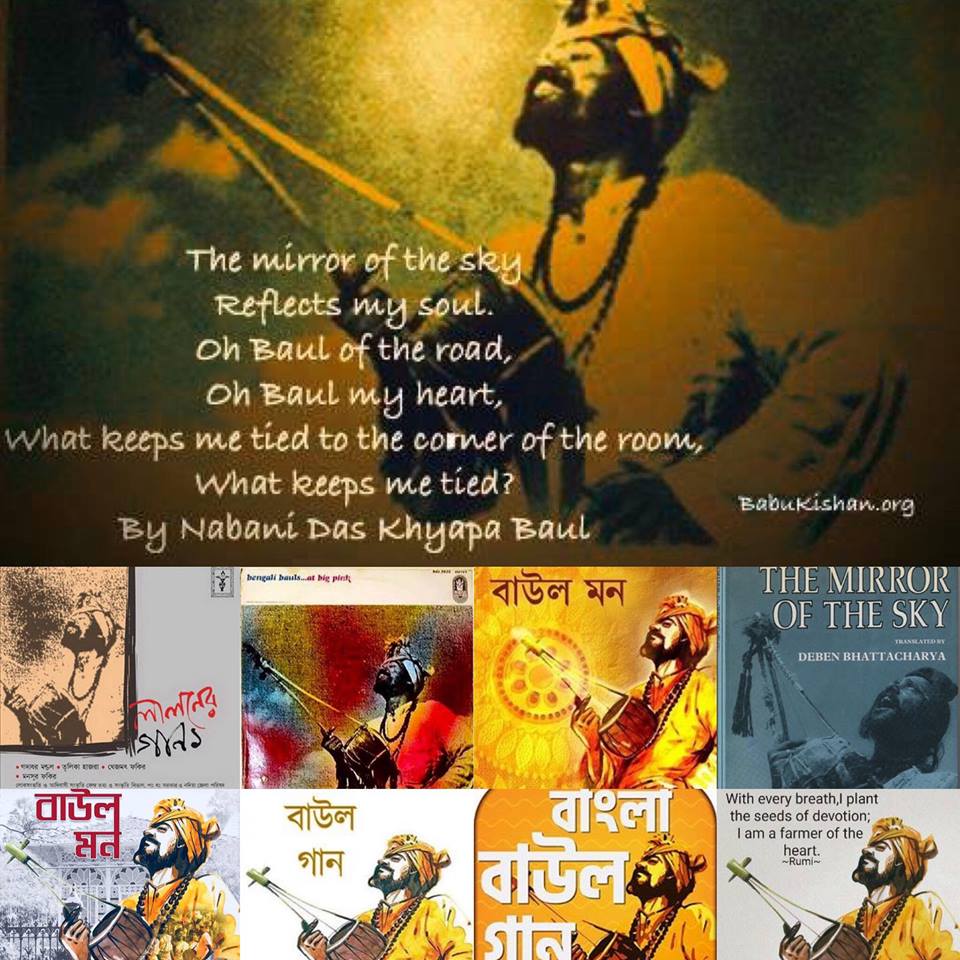
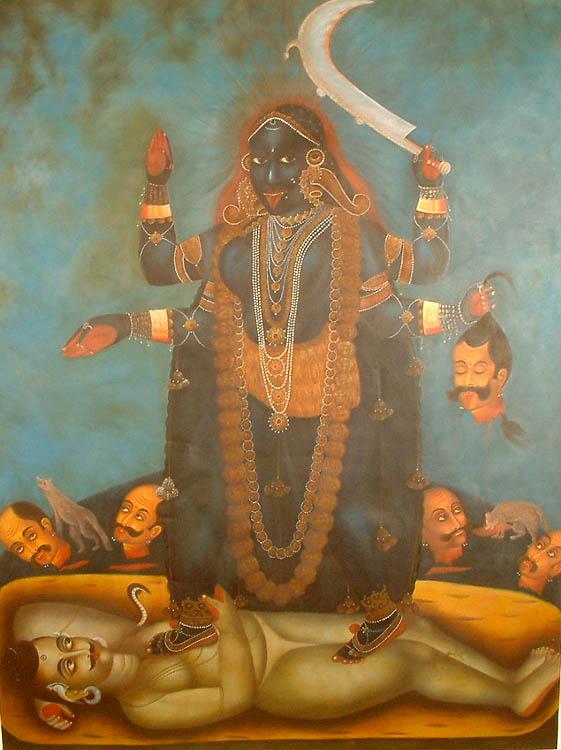
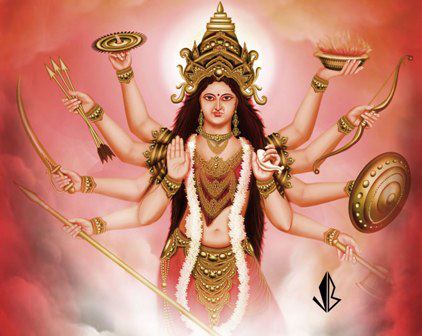
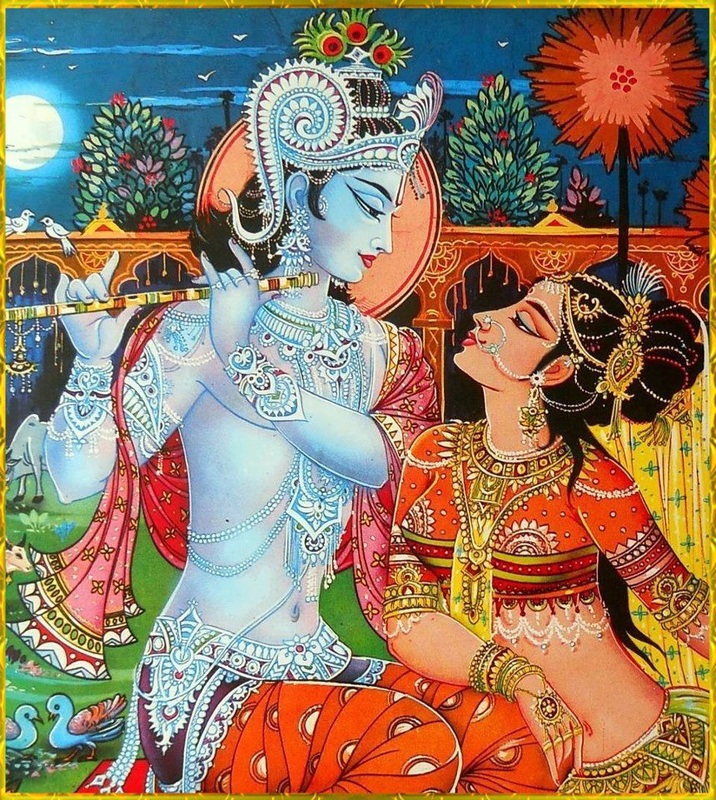
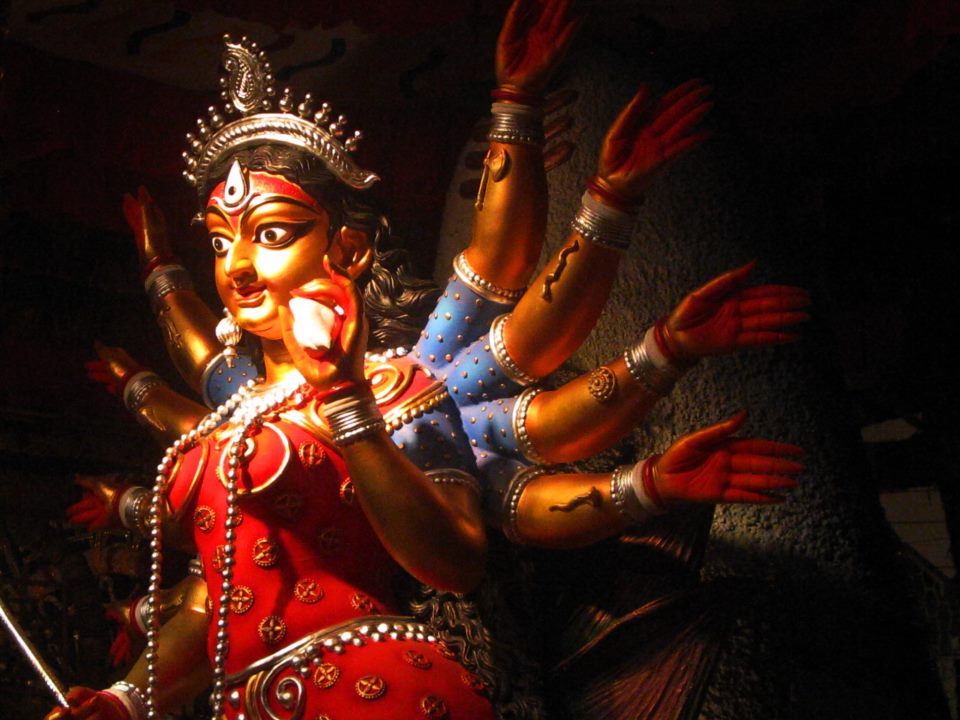
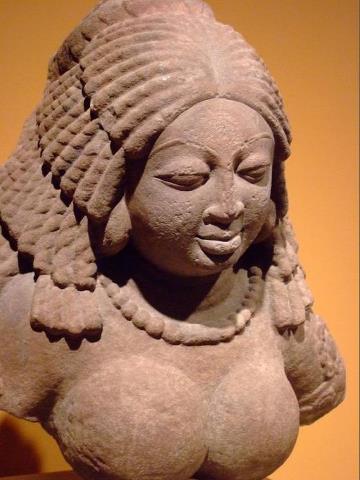
 RSS Feed
RSS Feed
